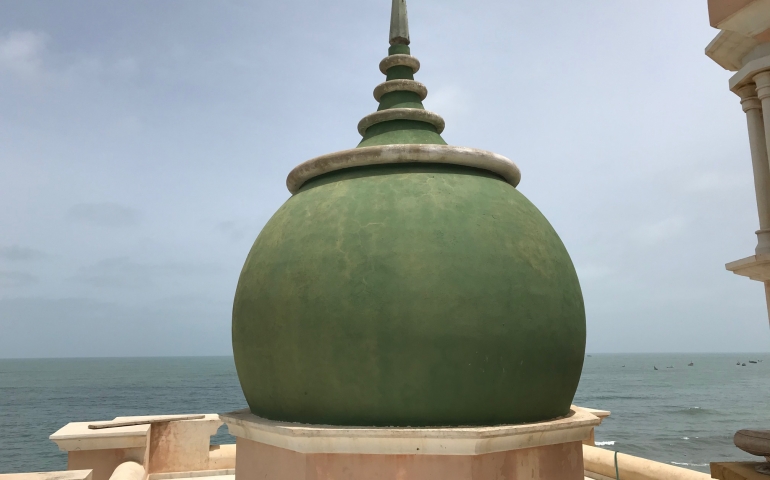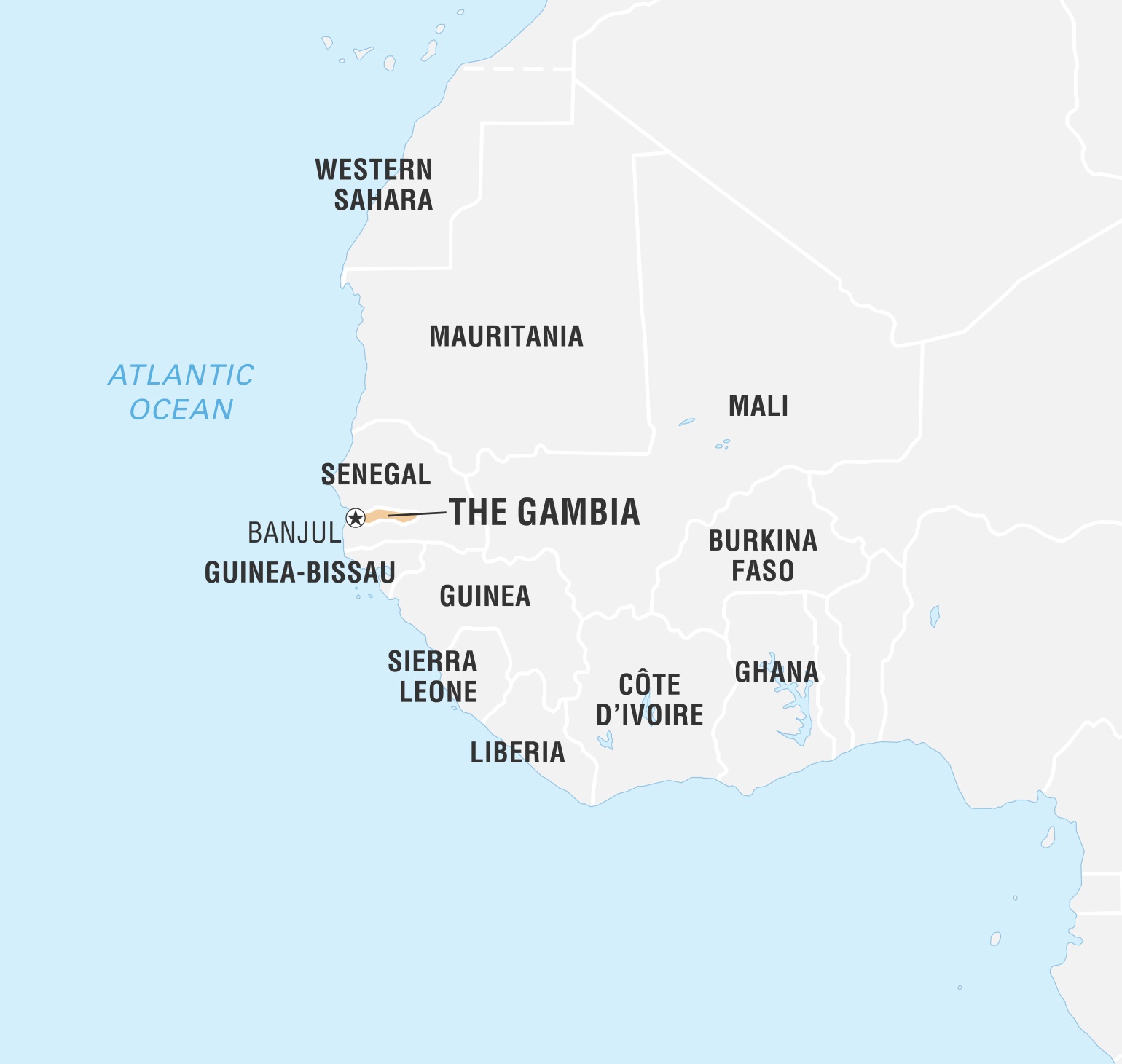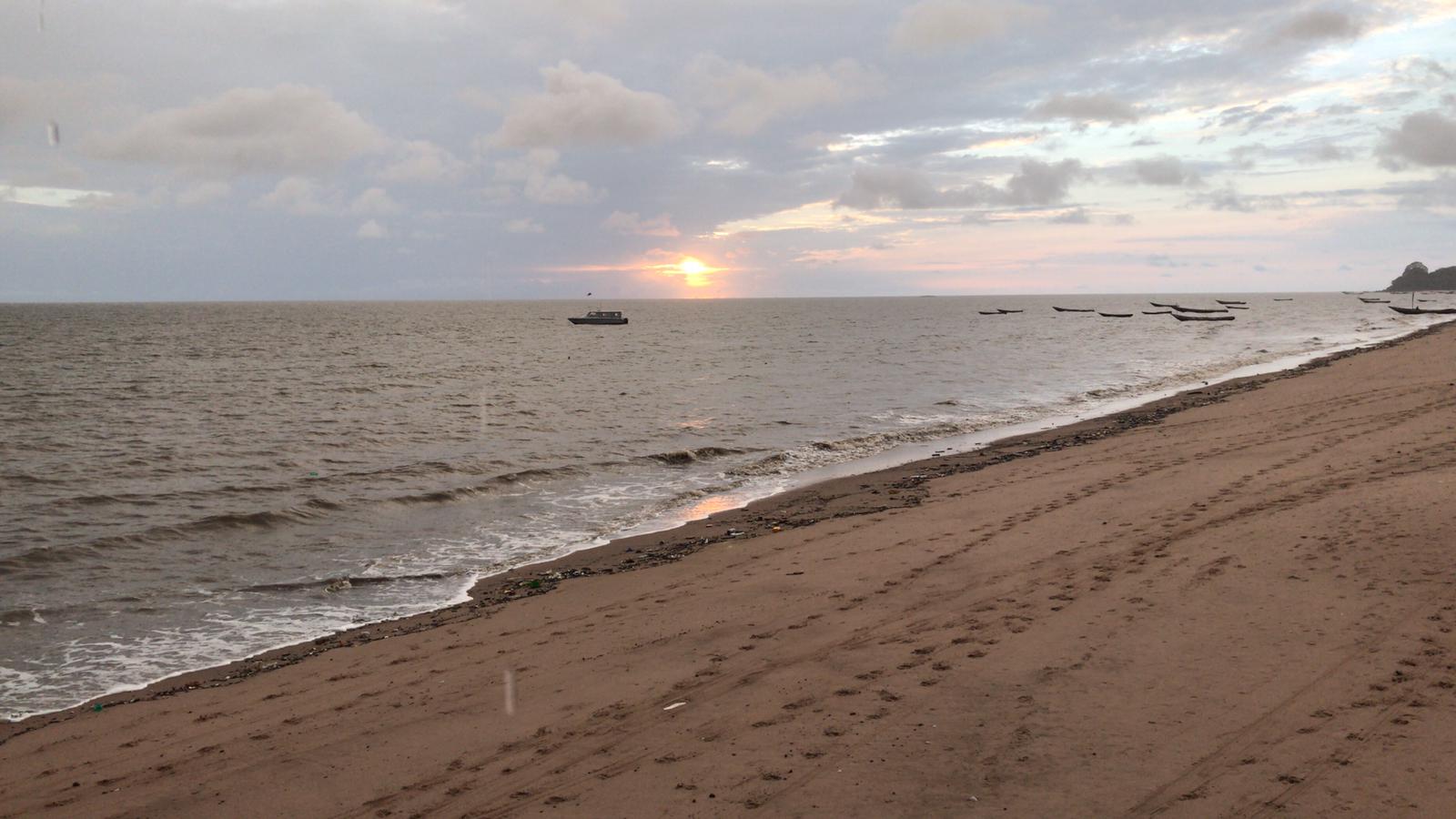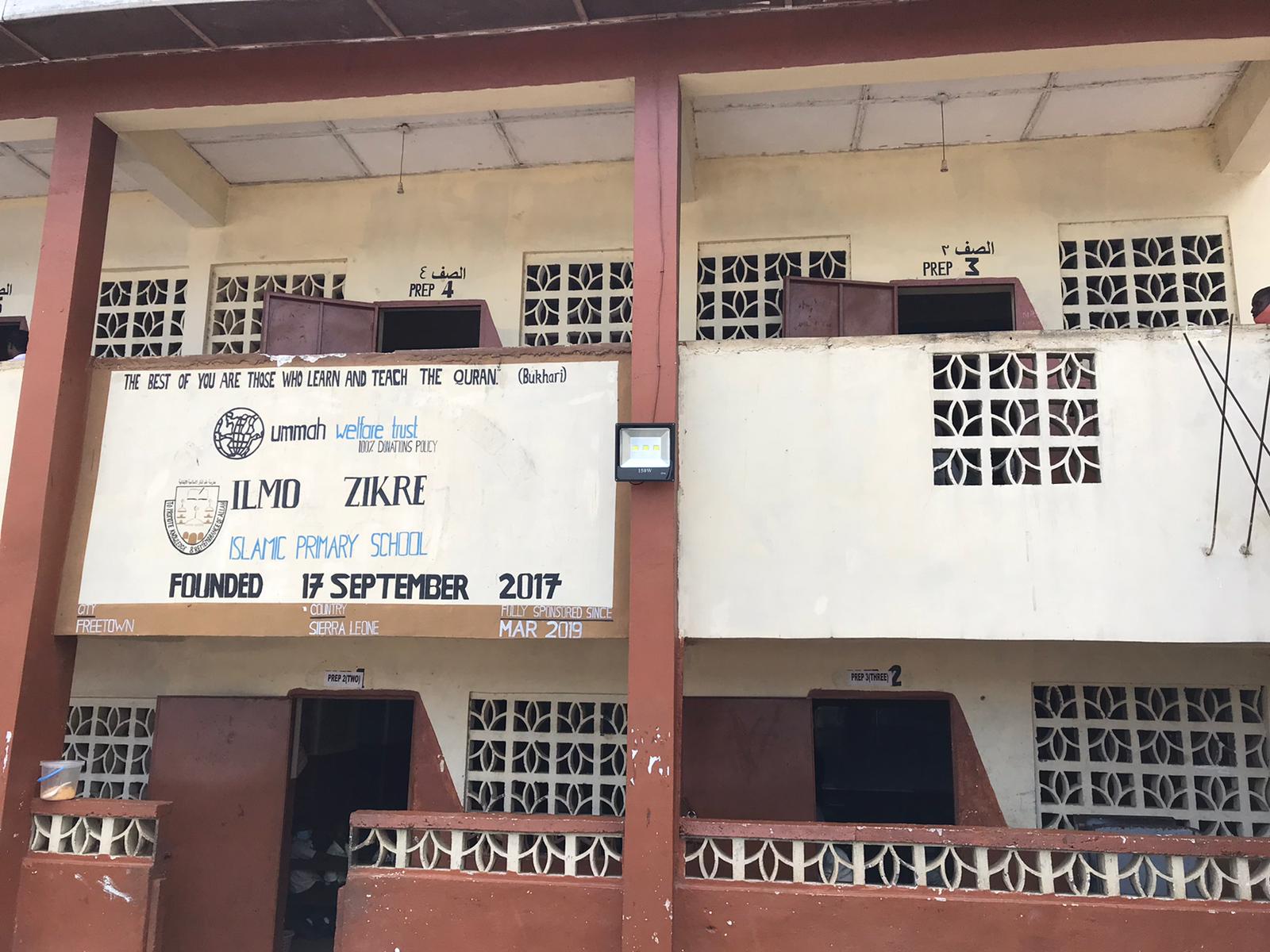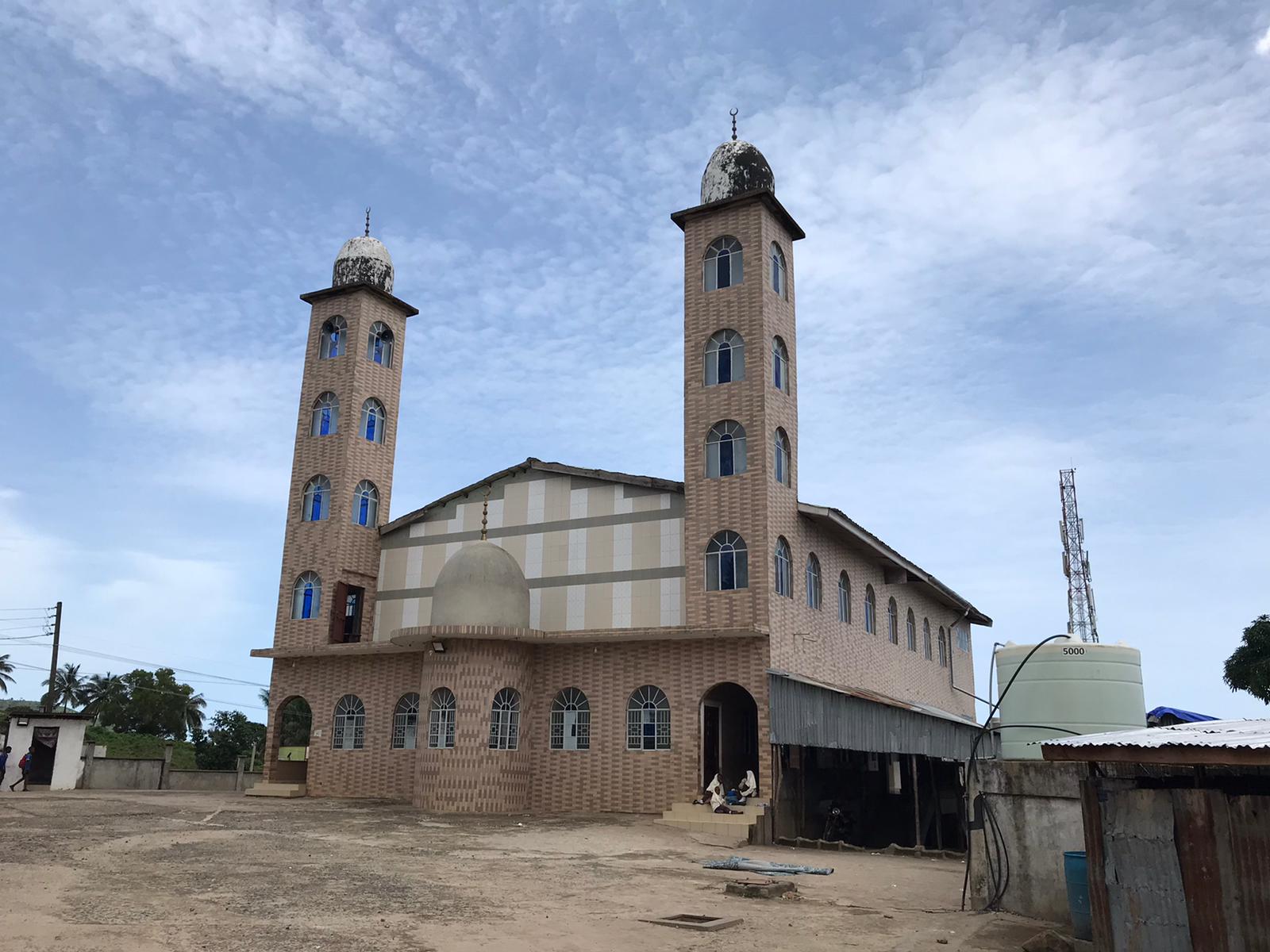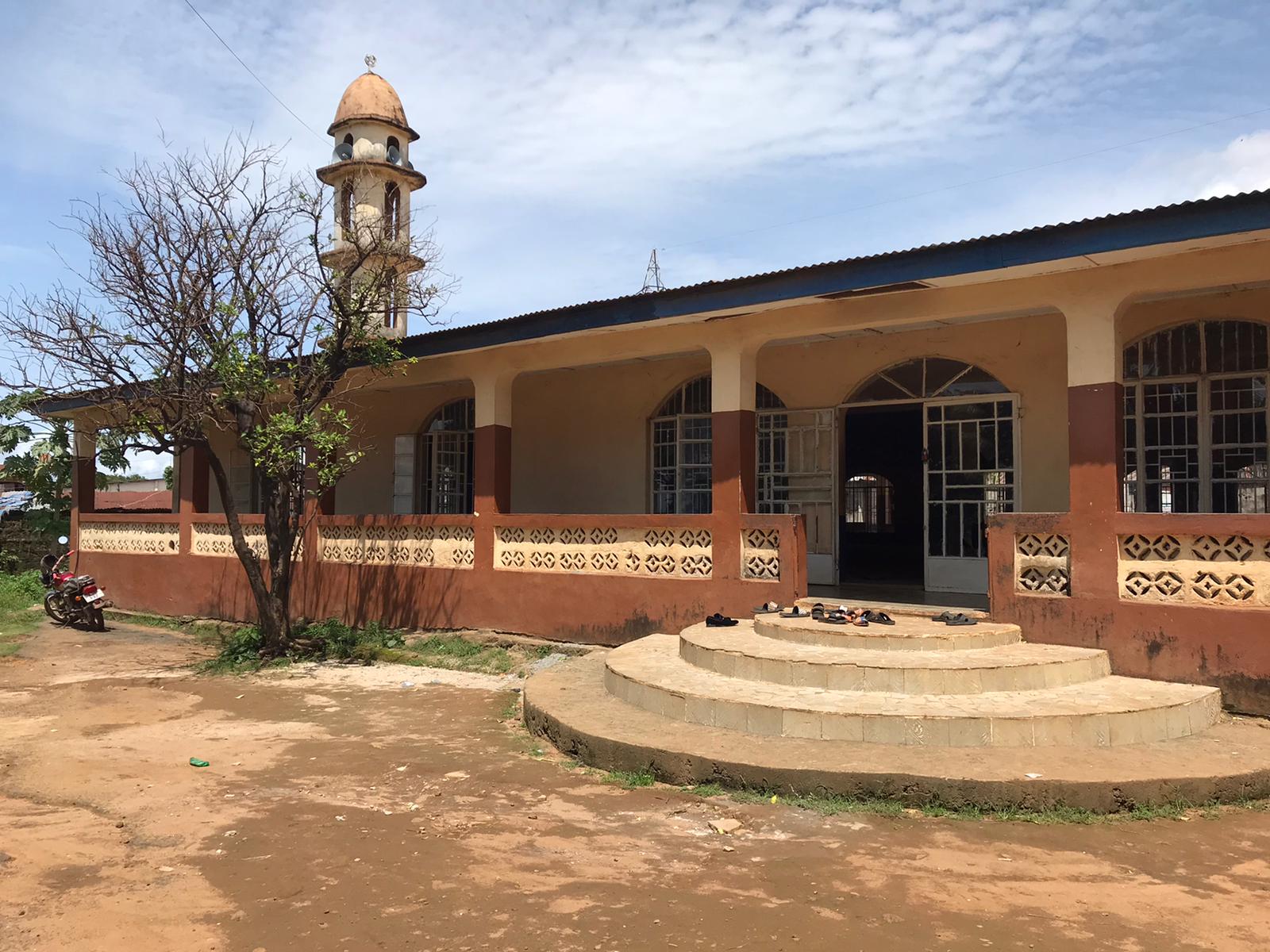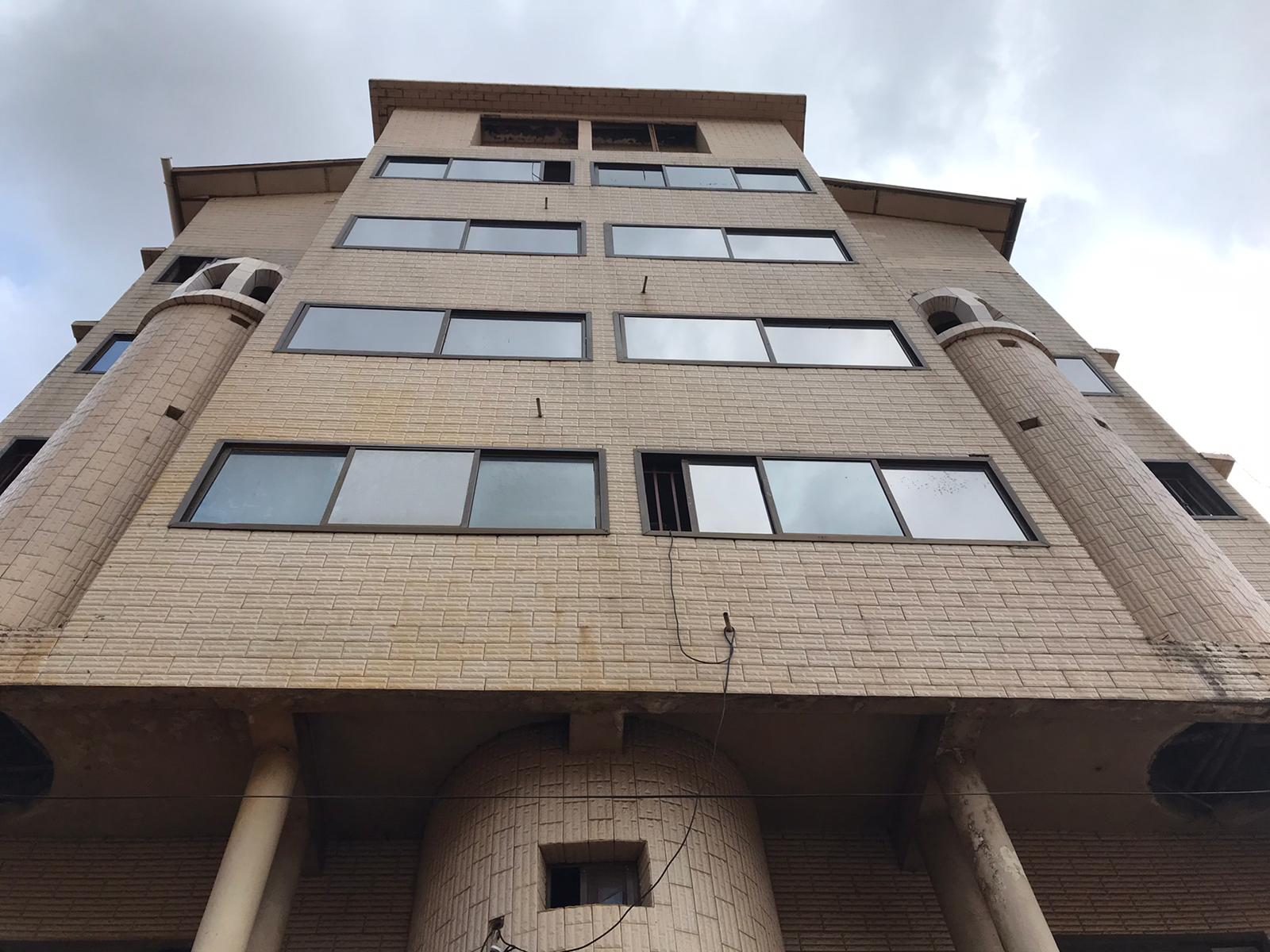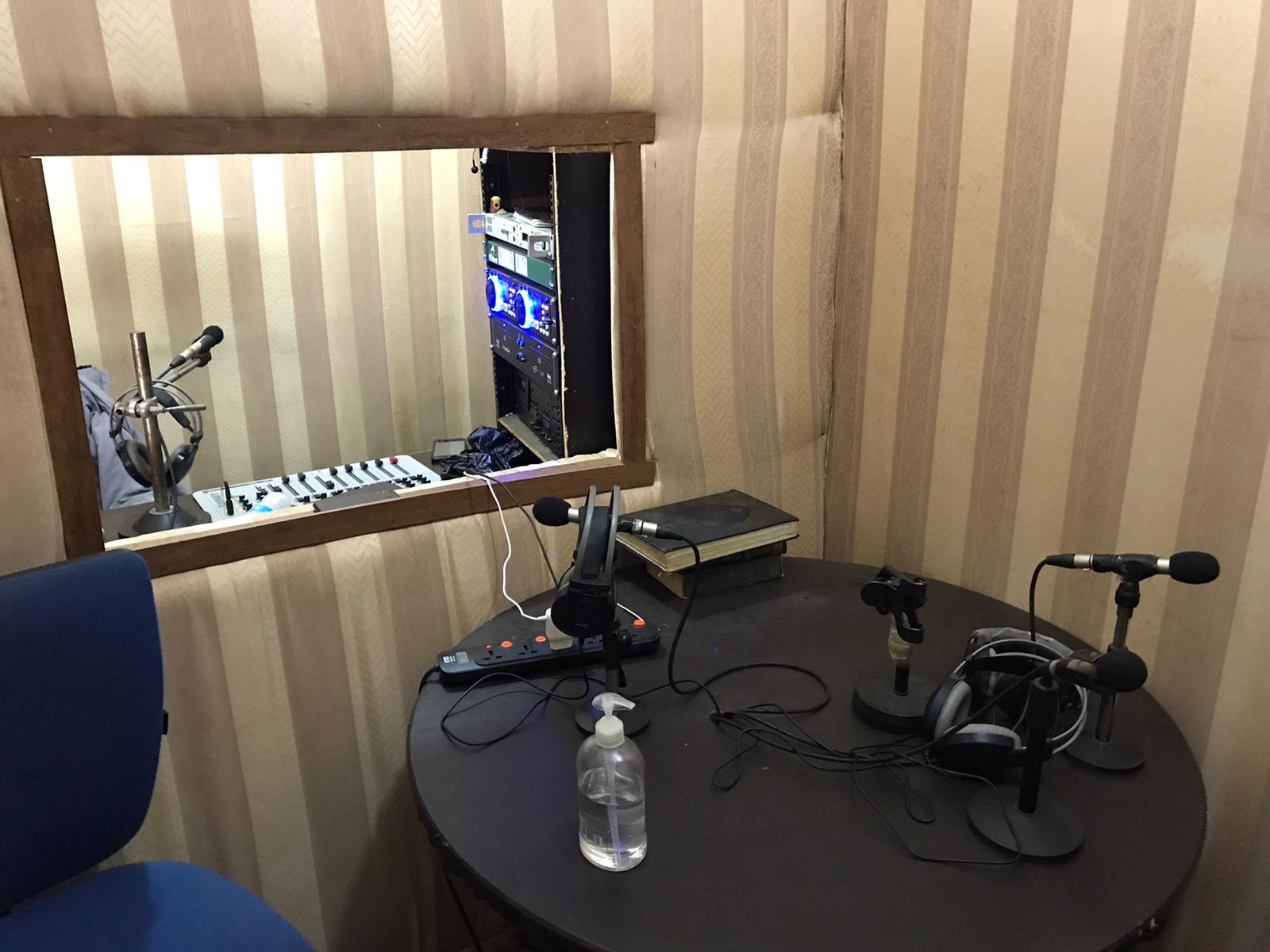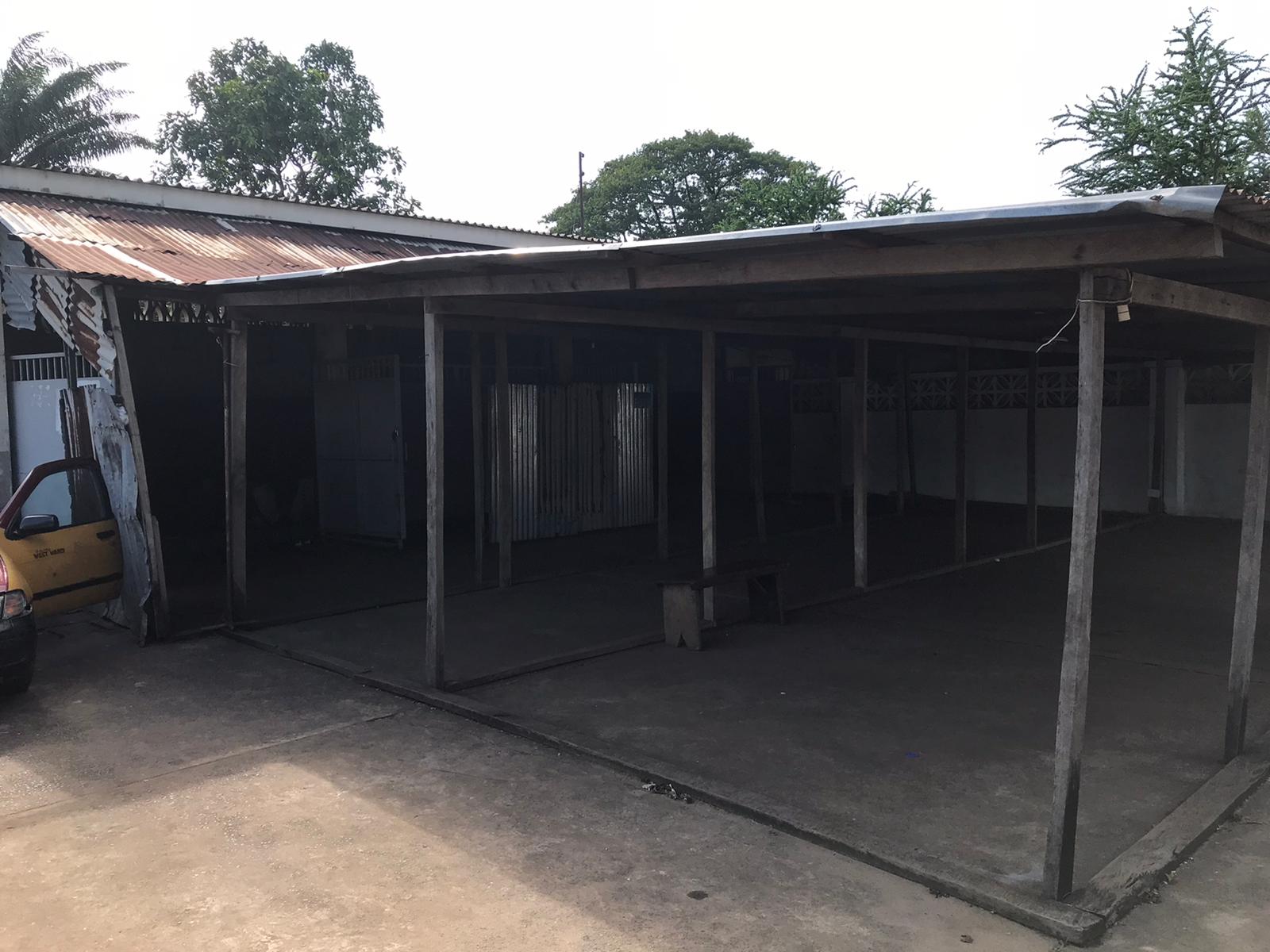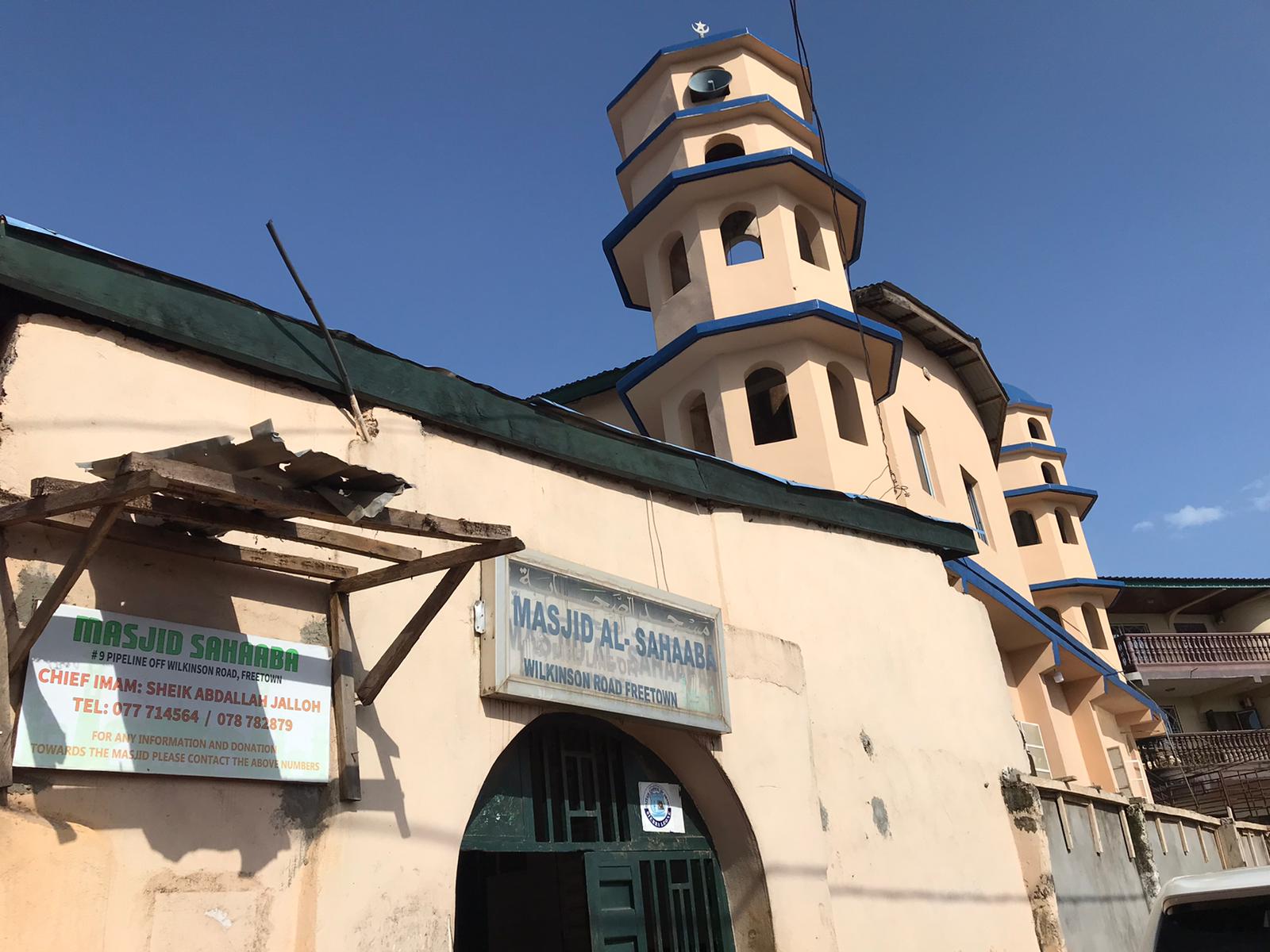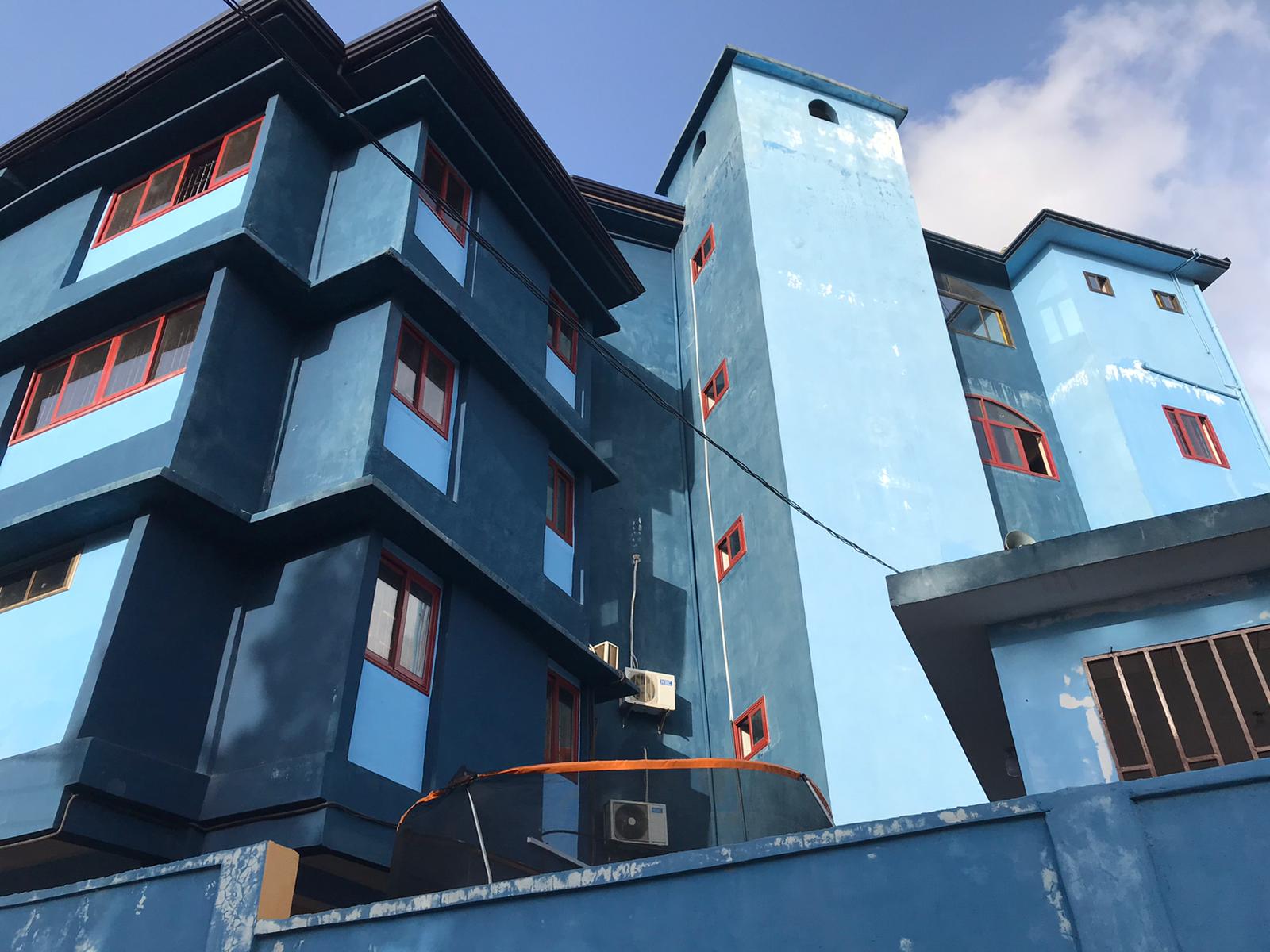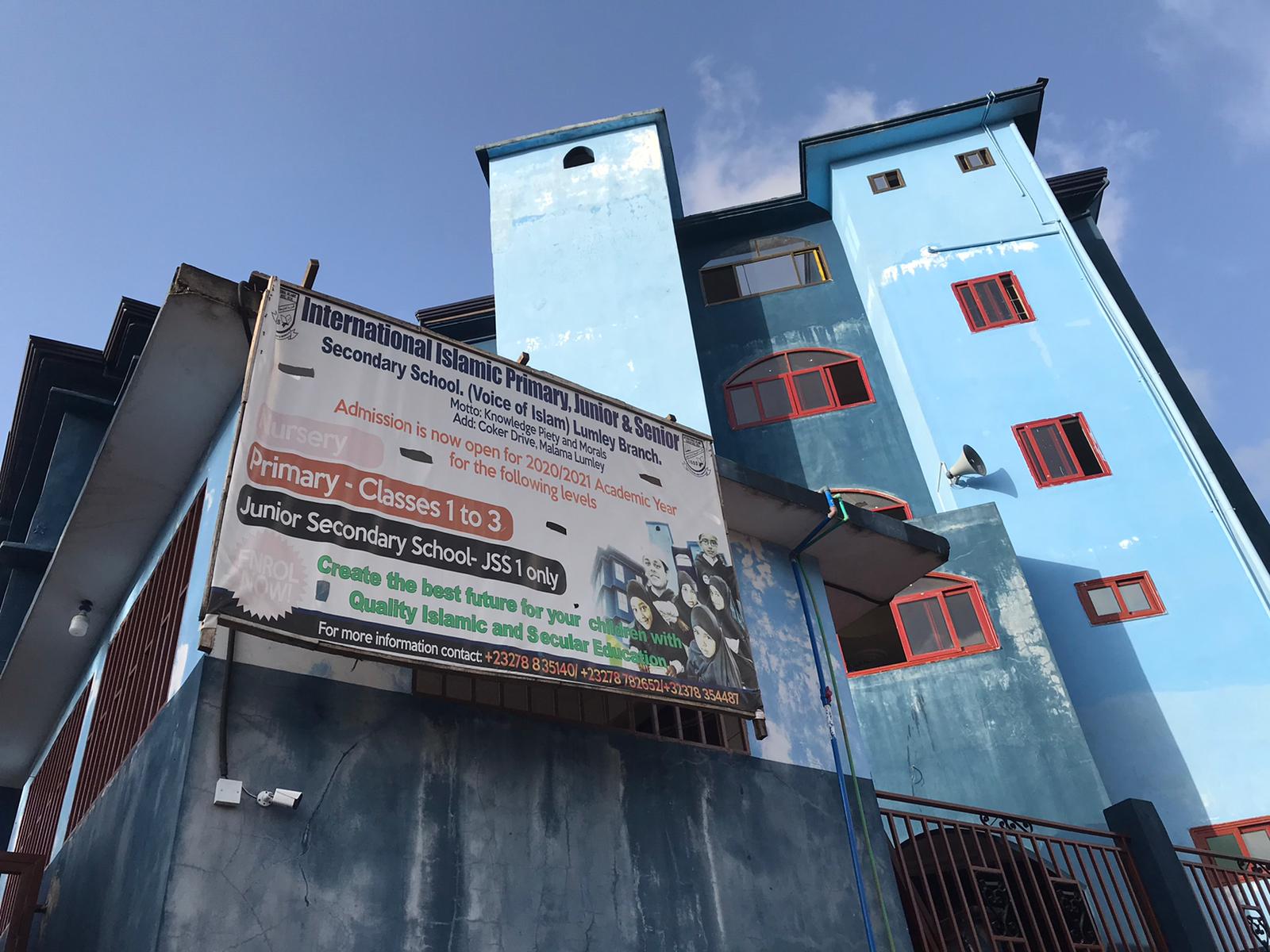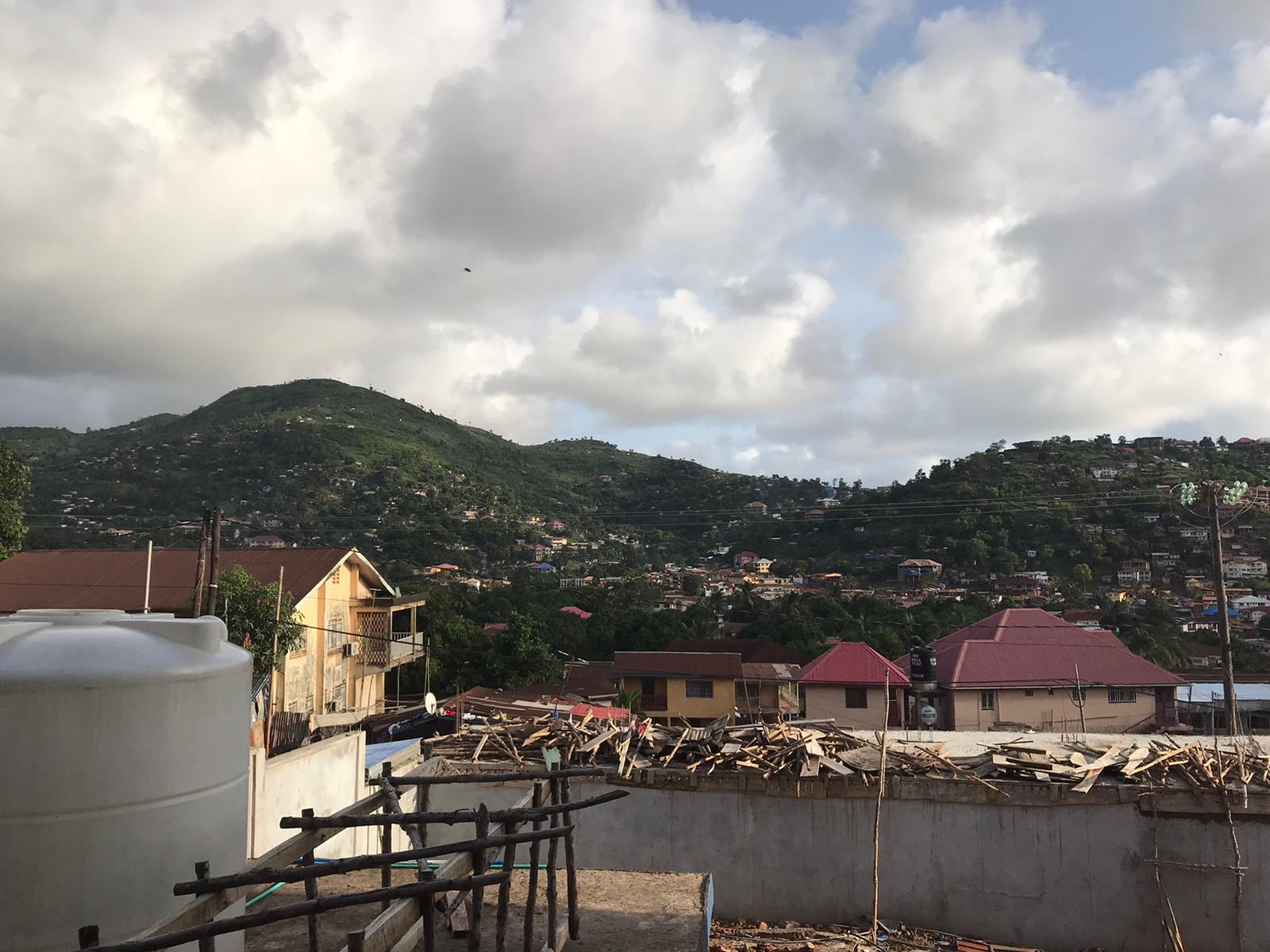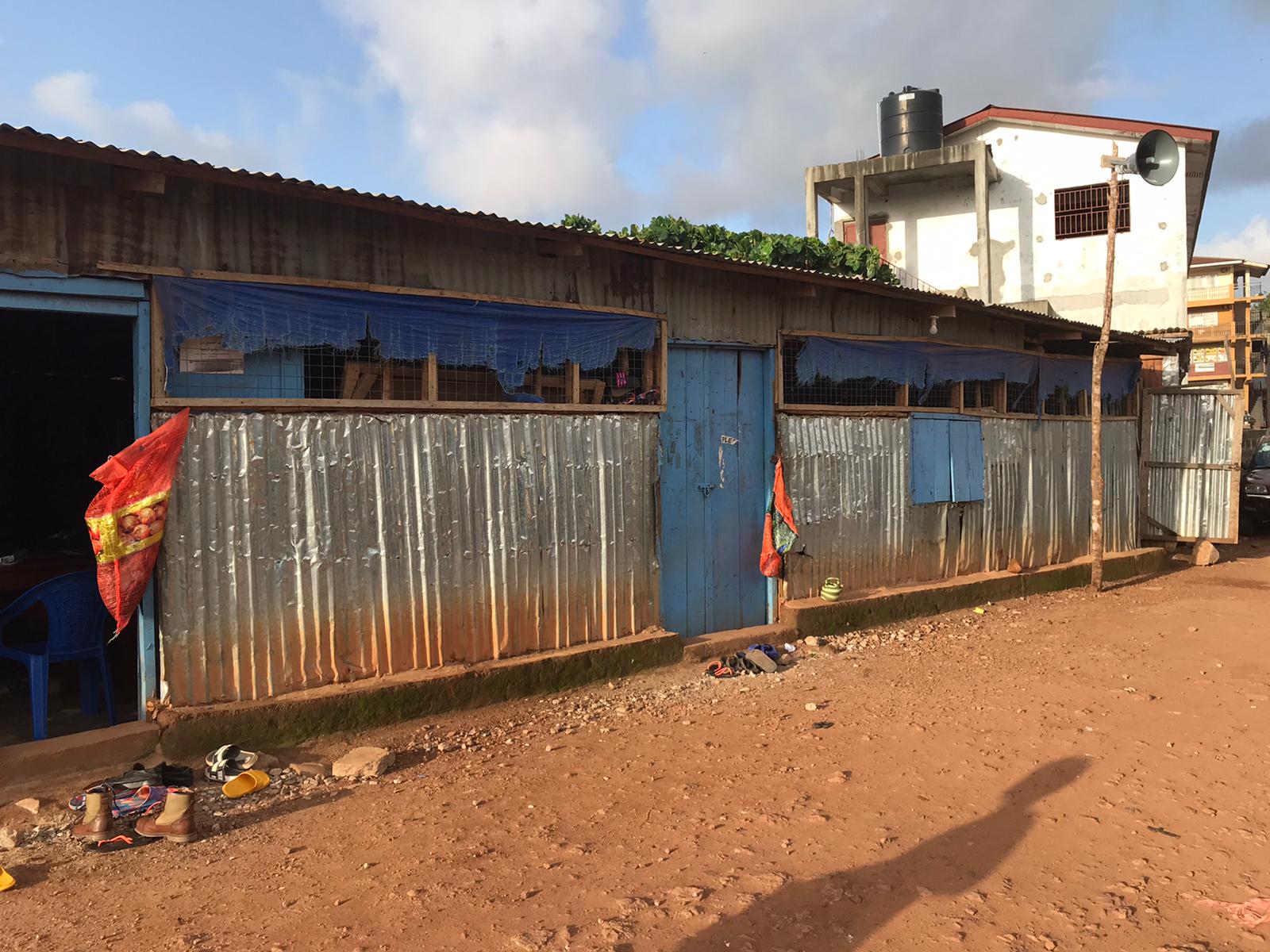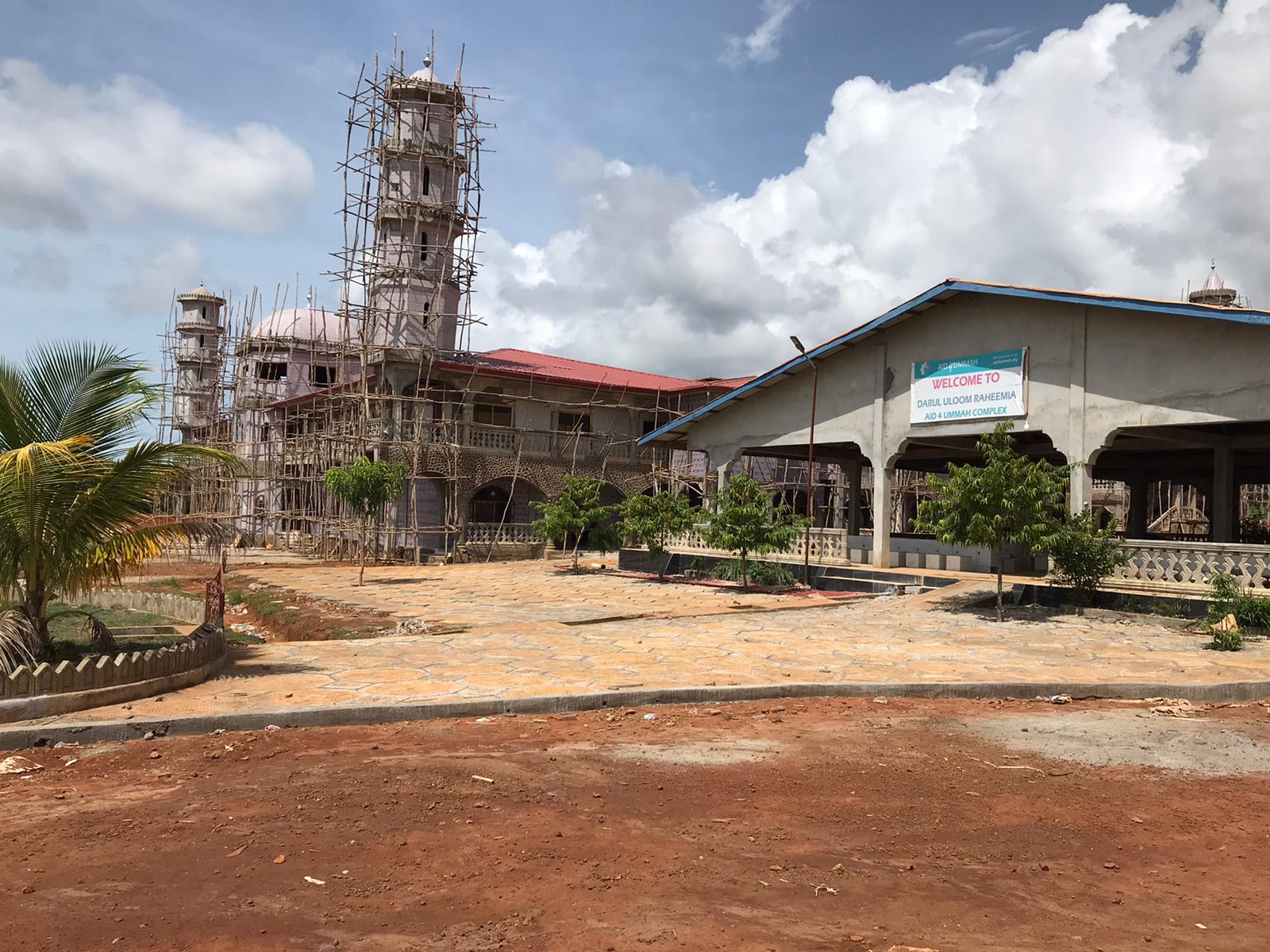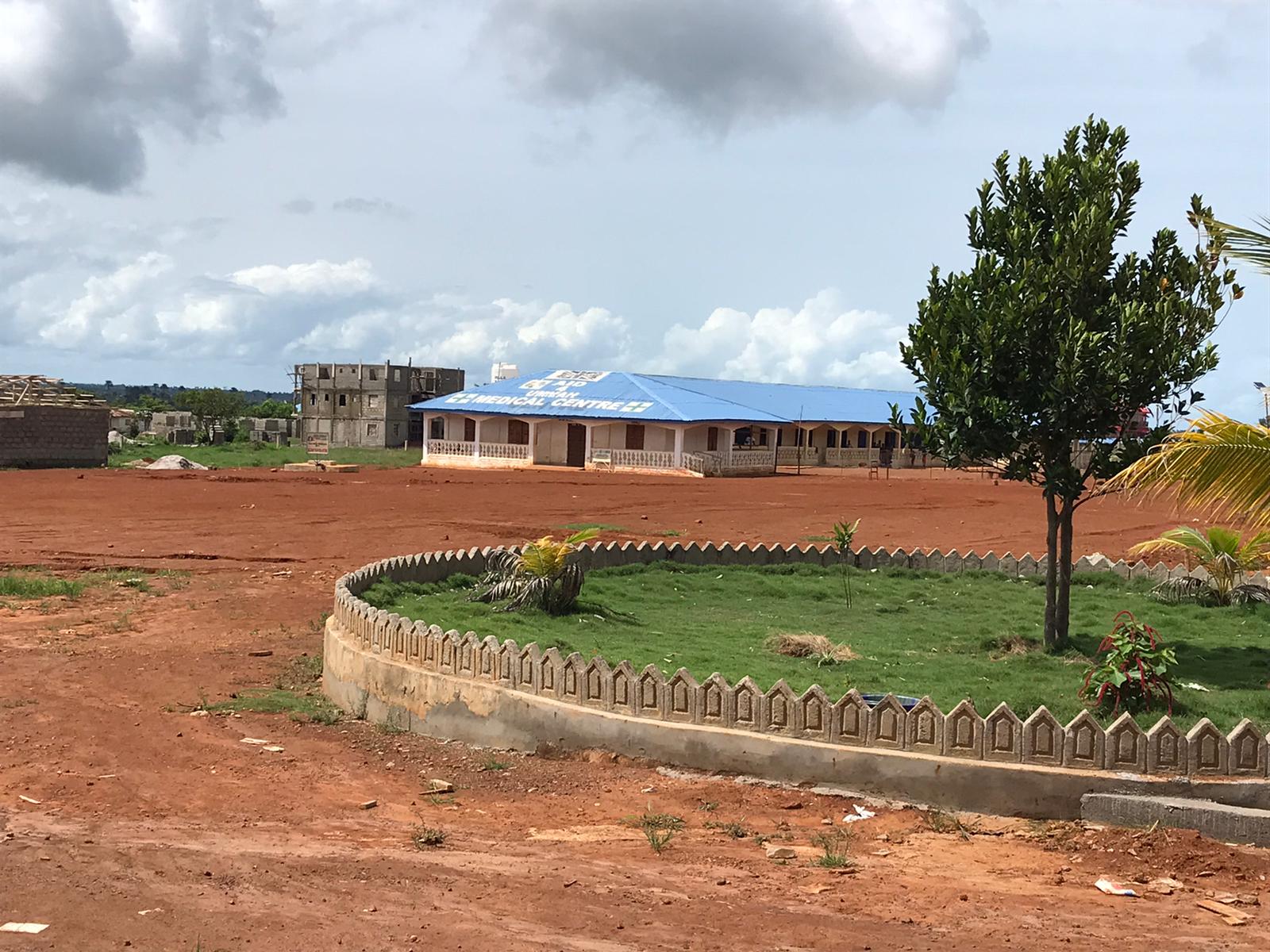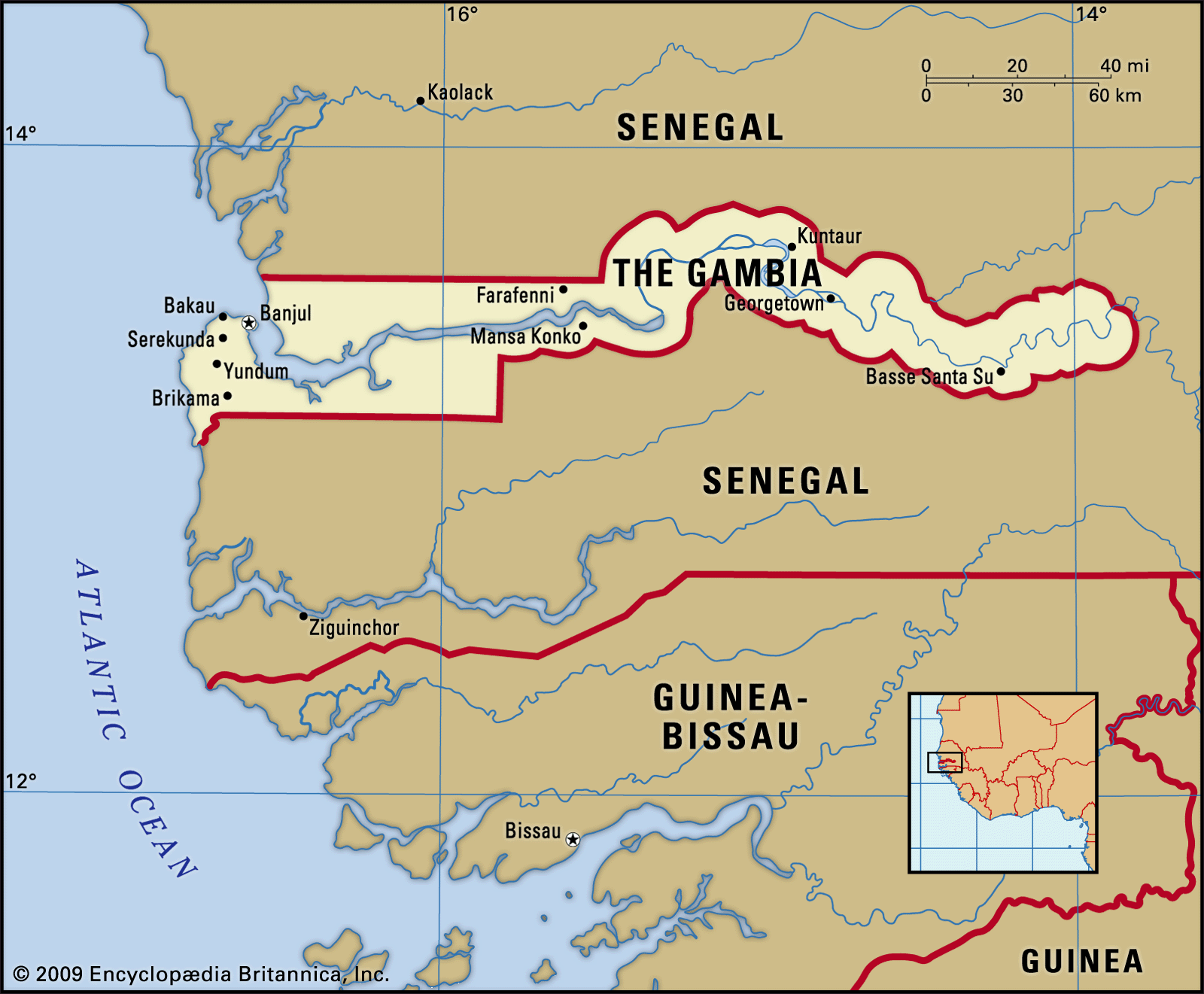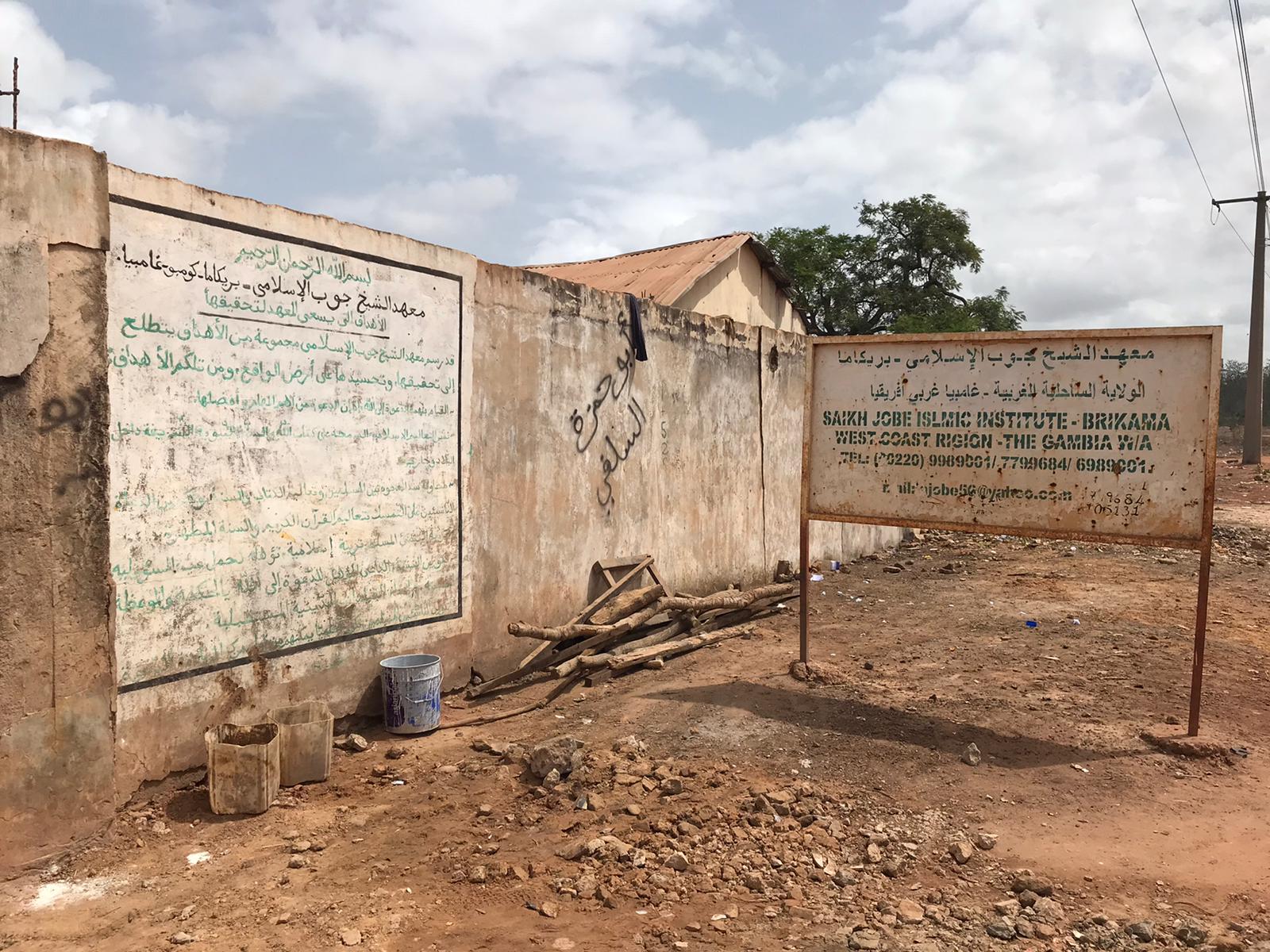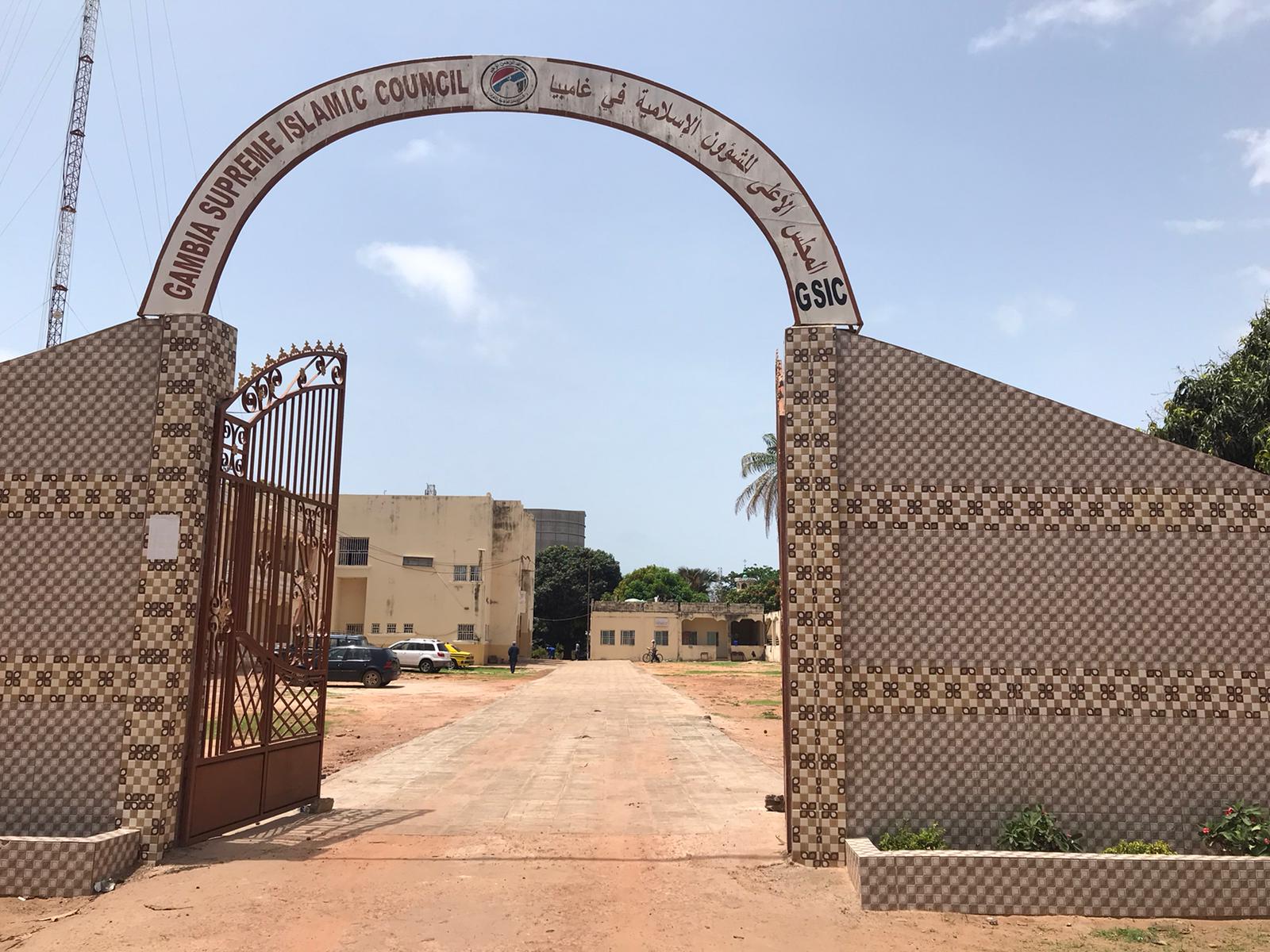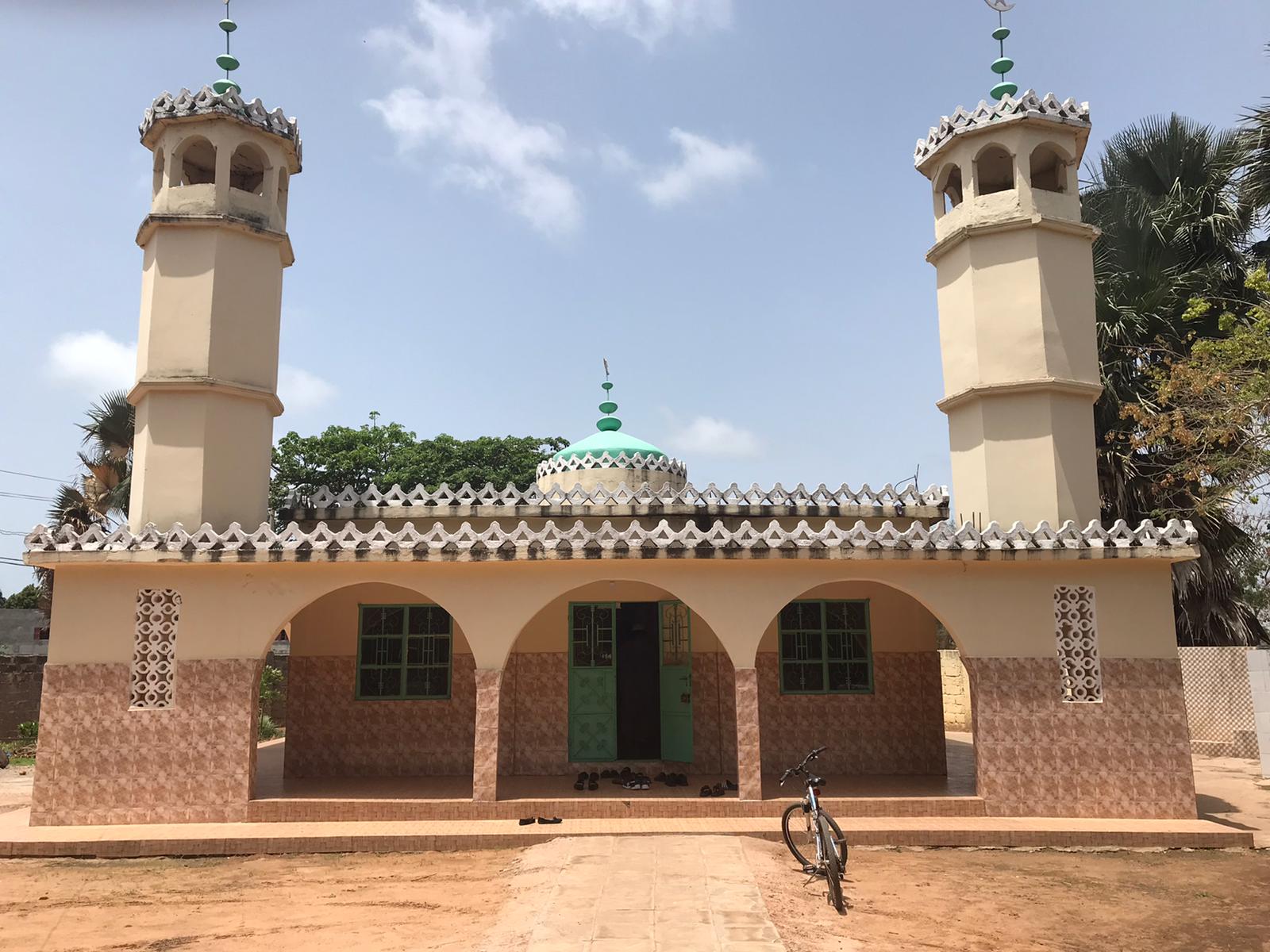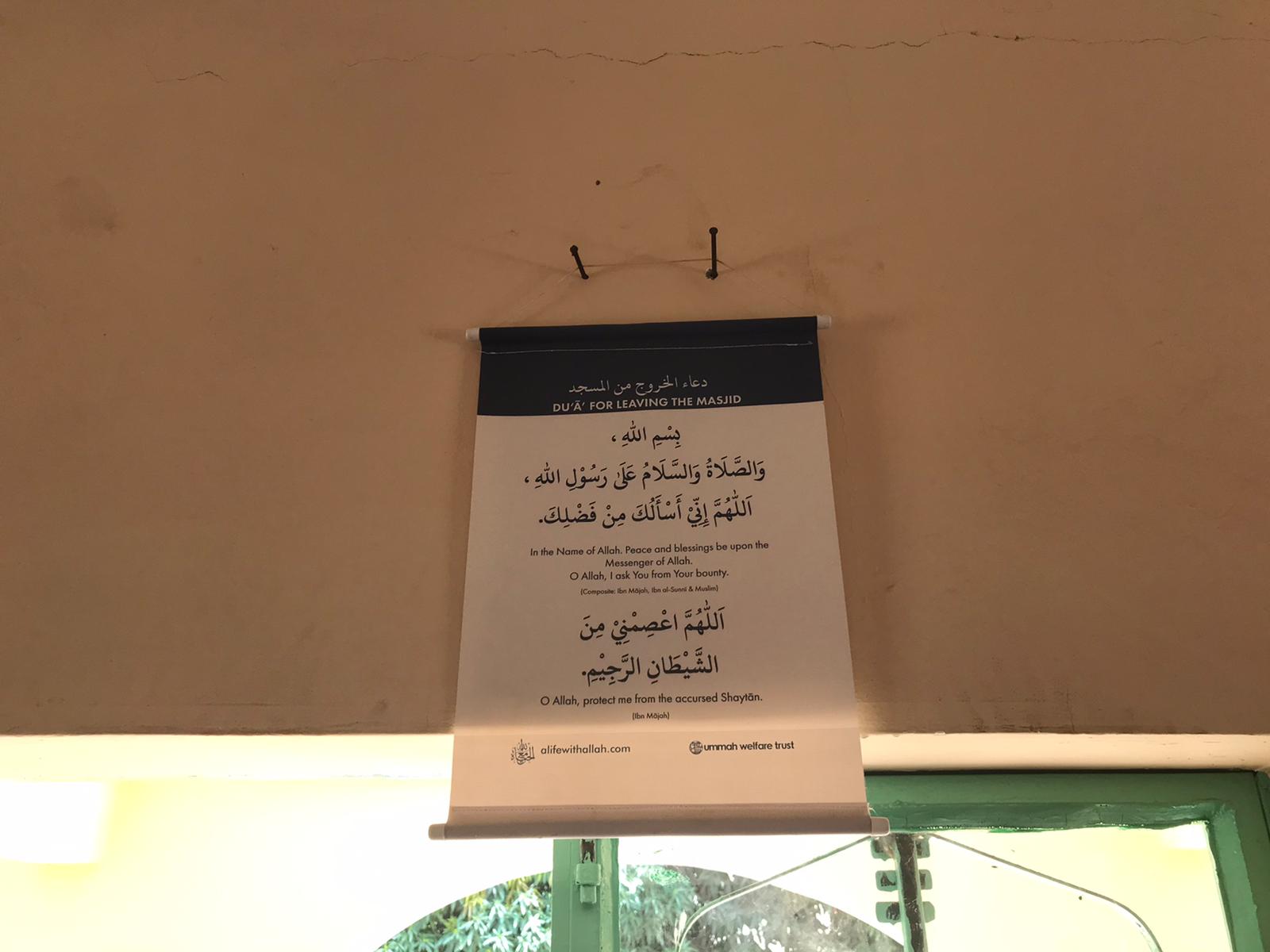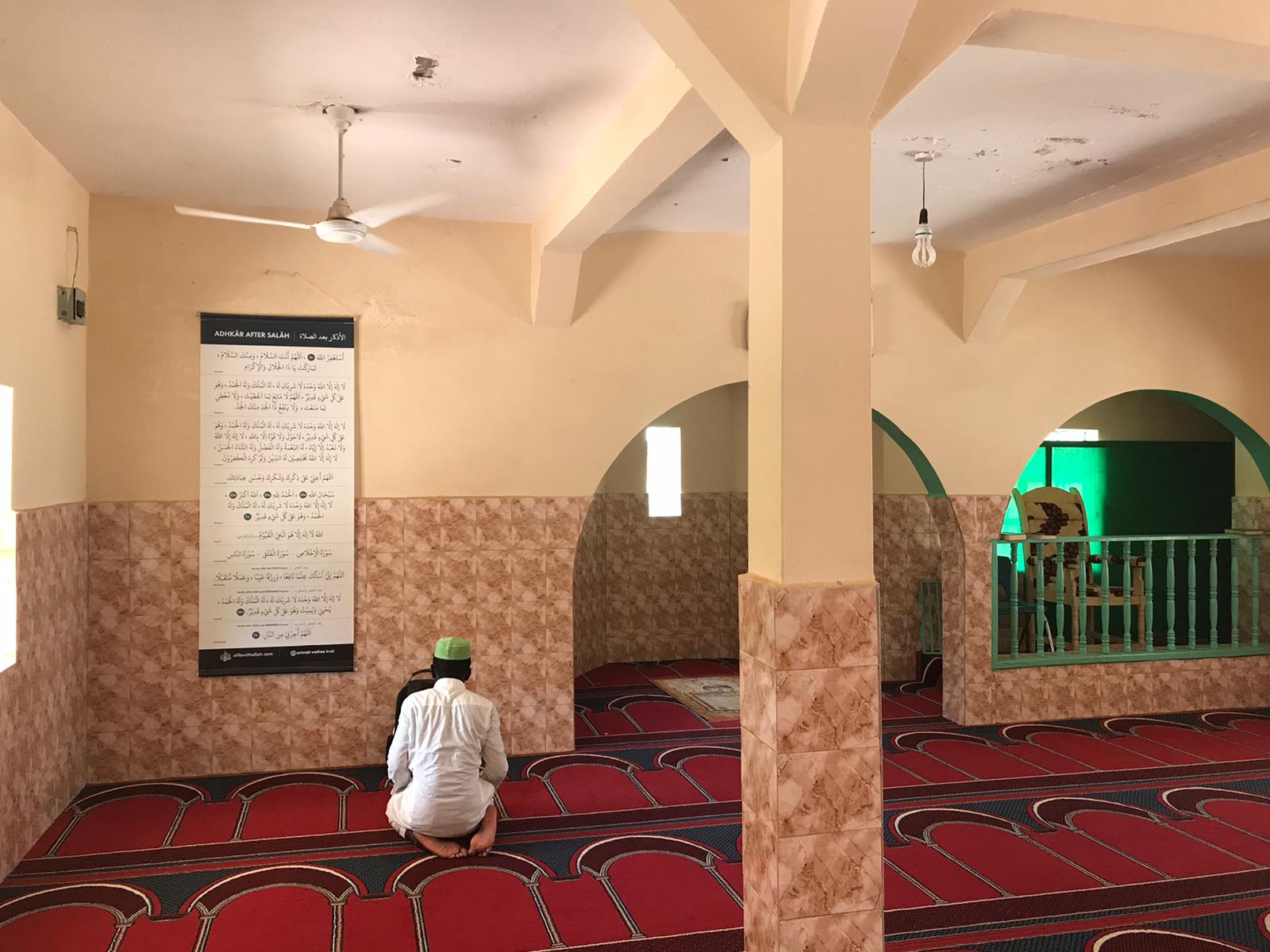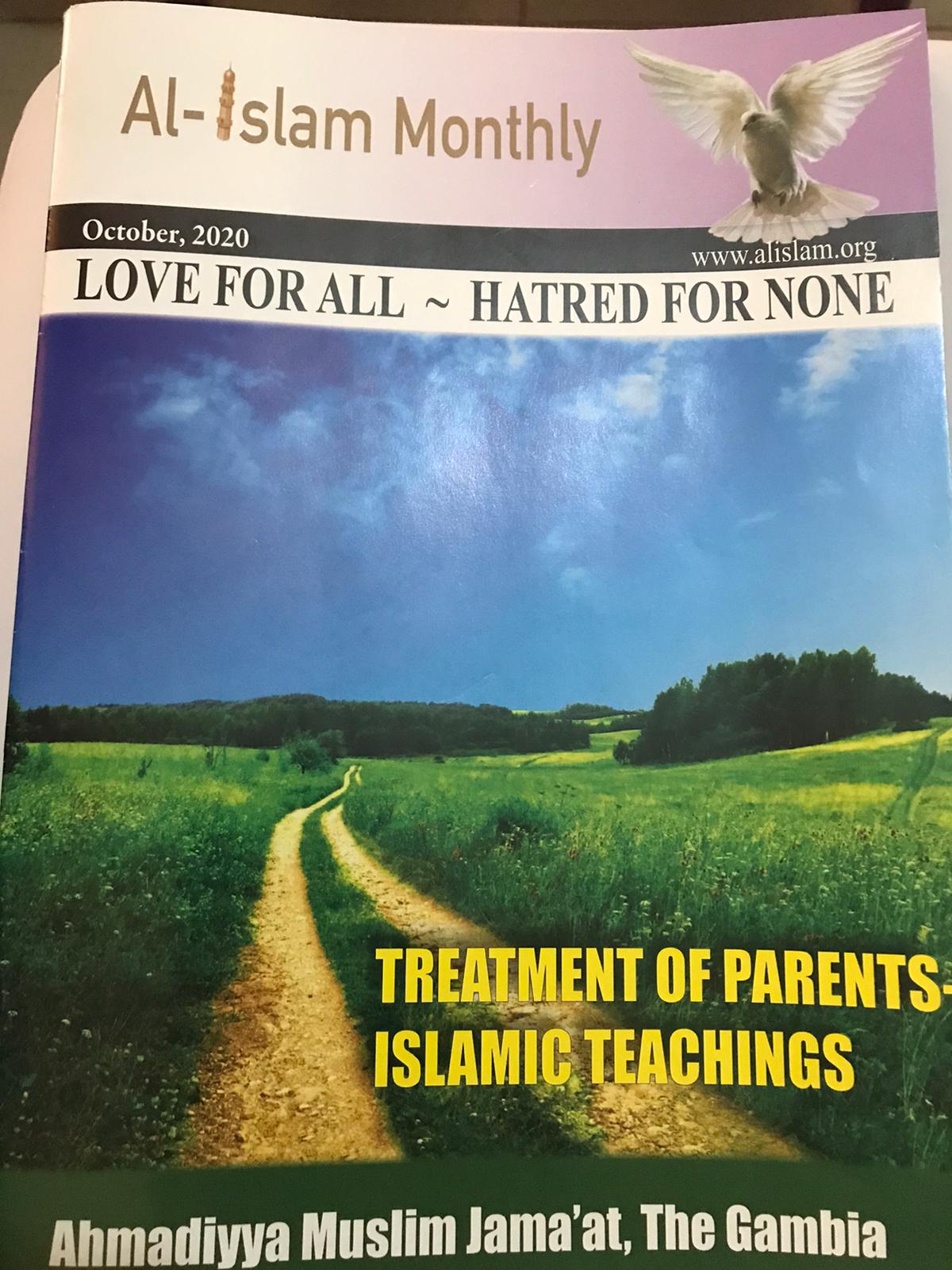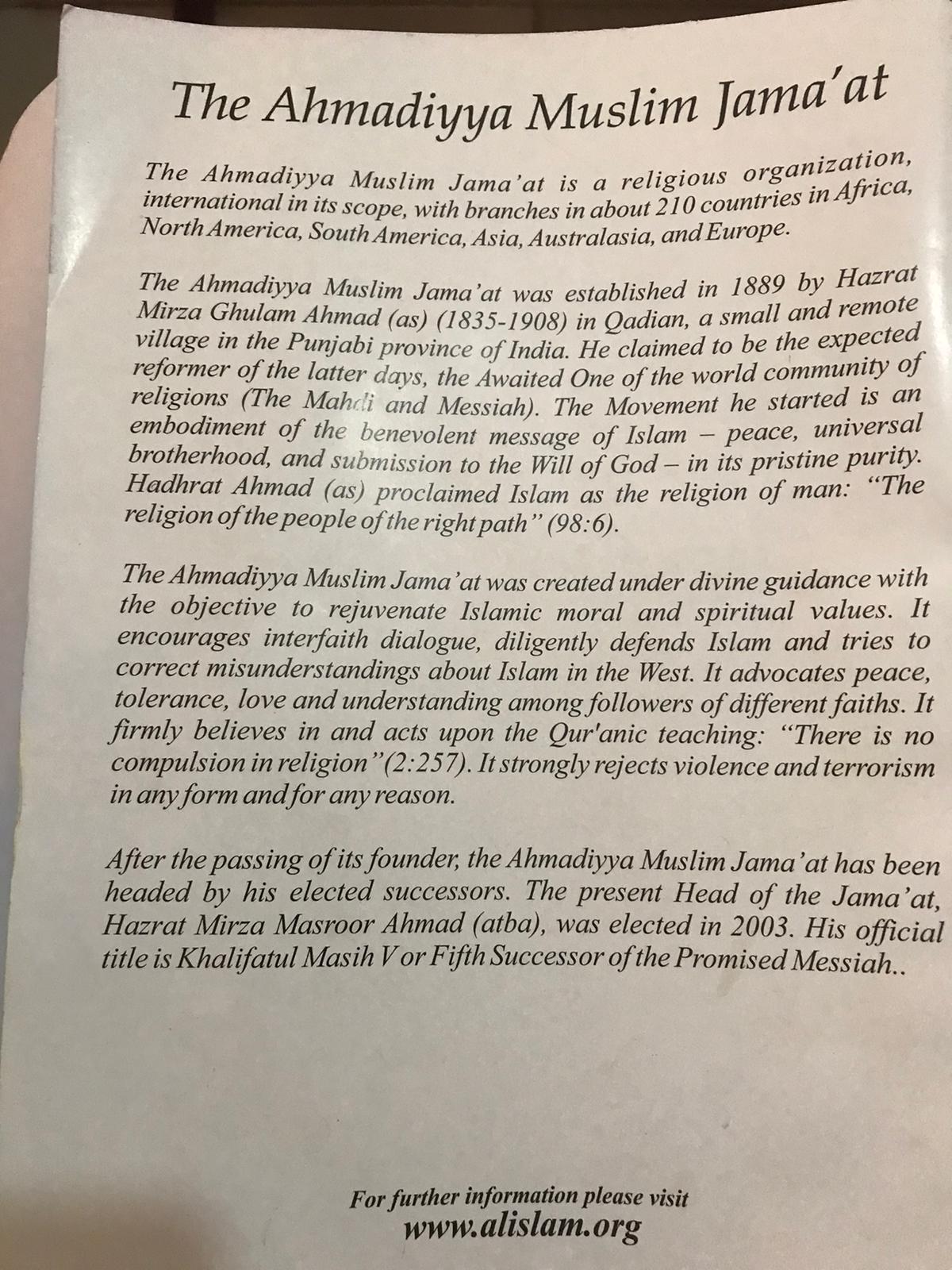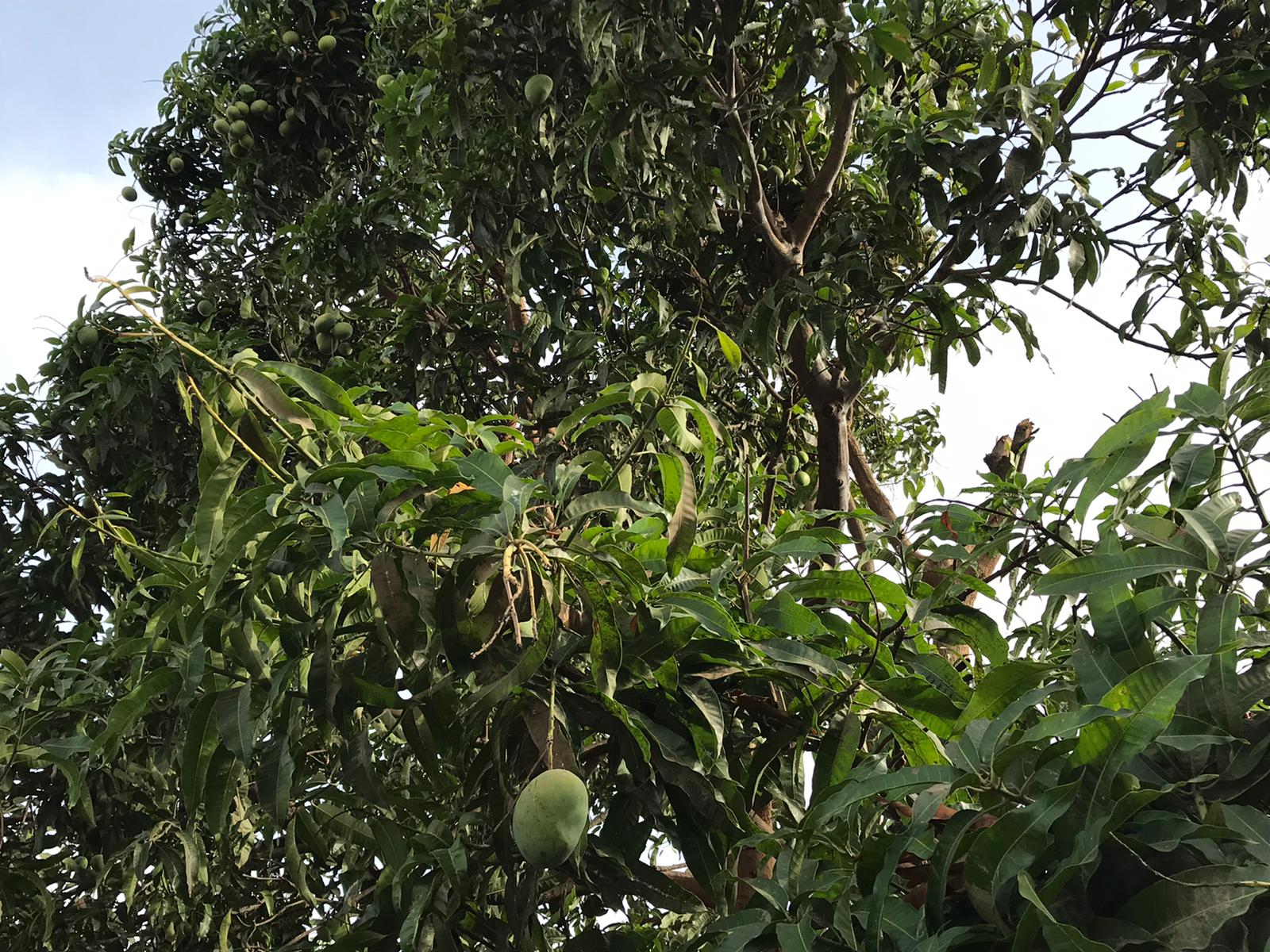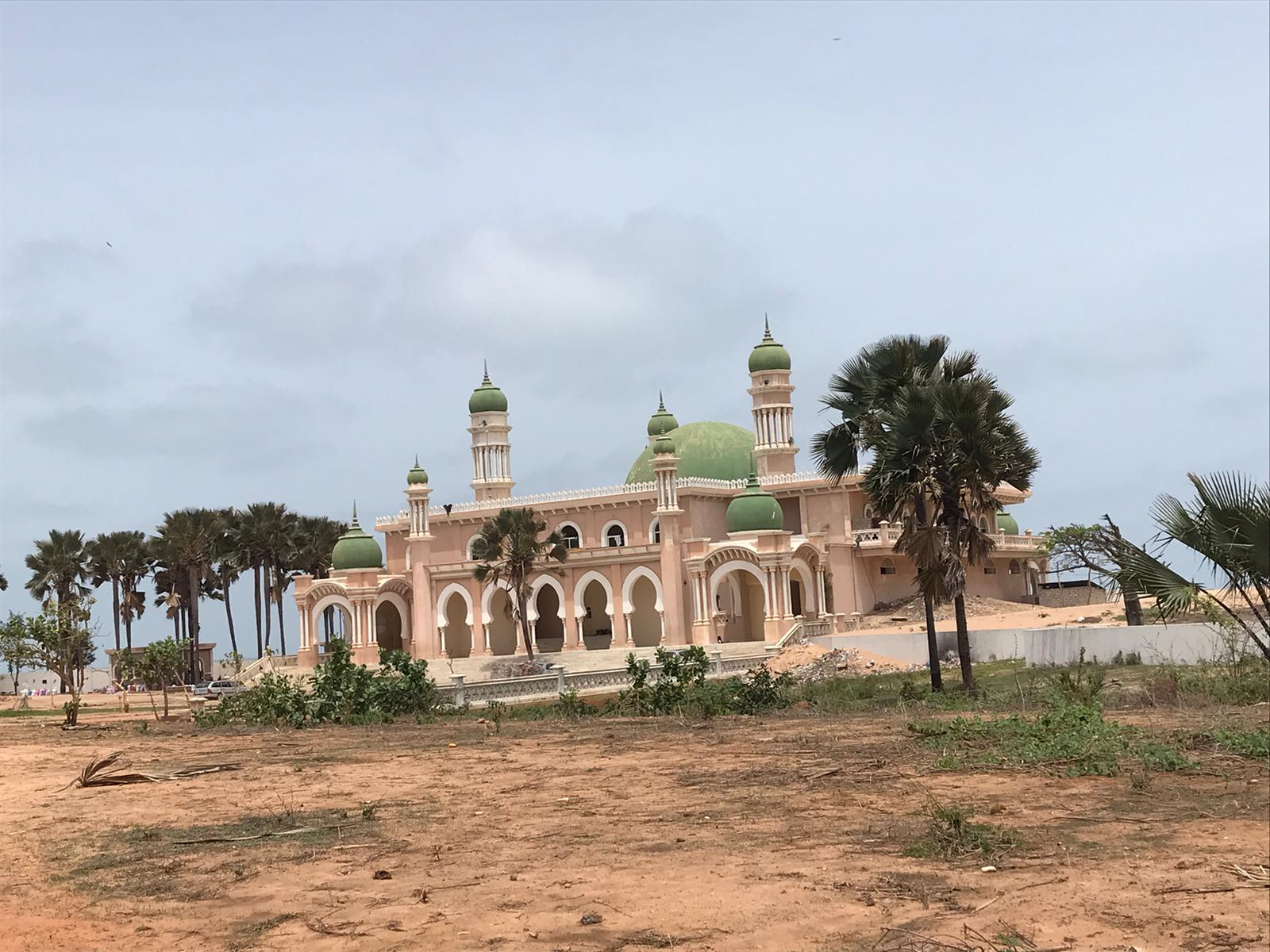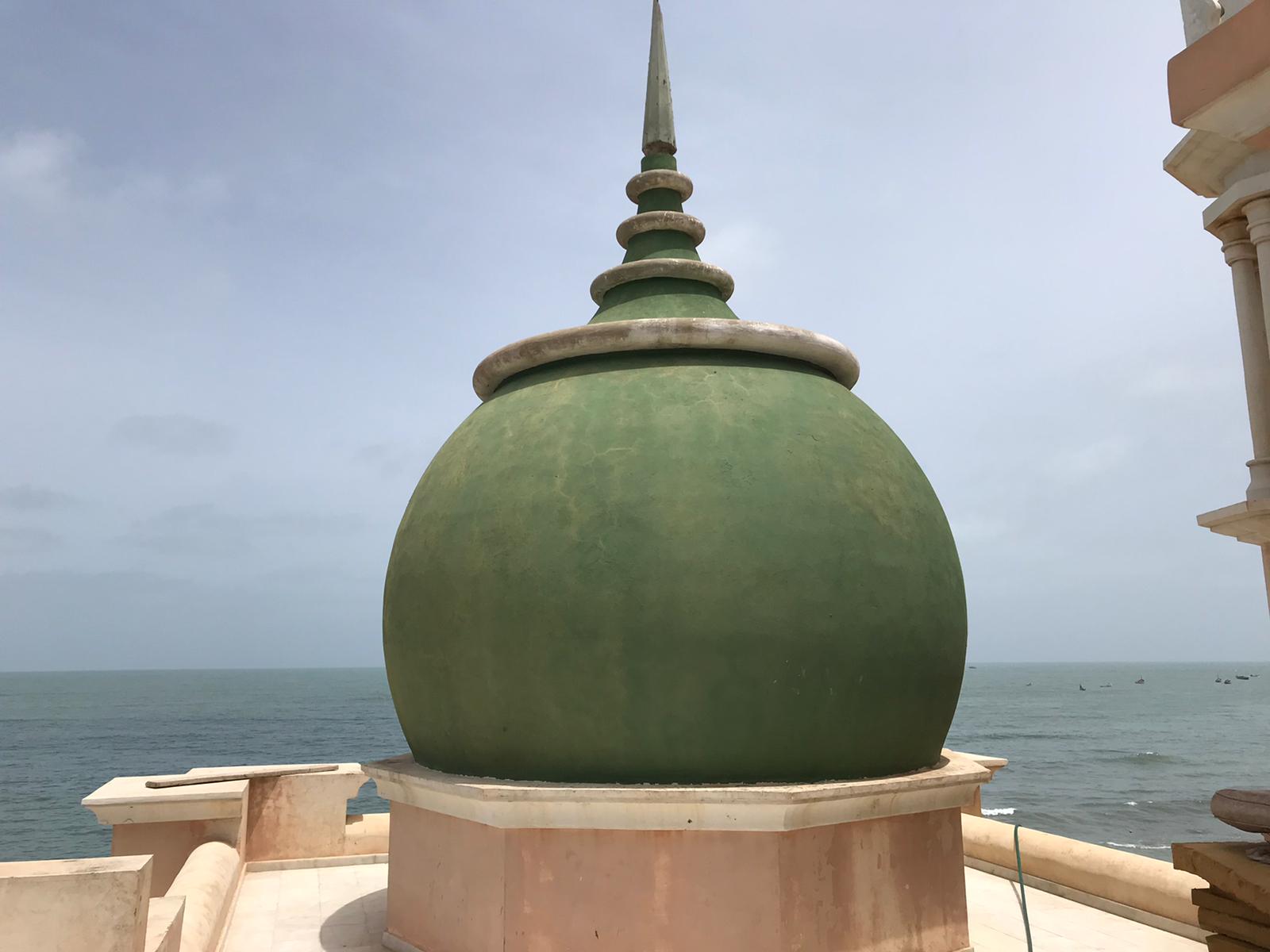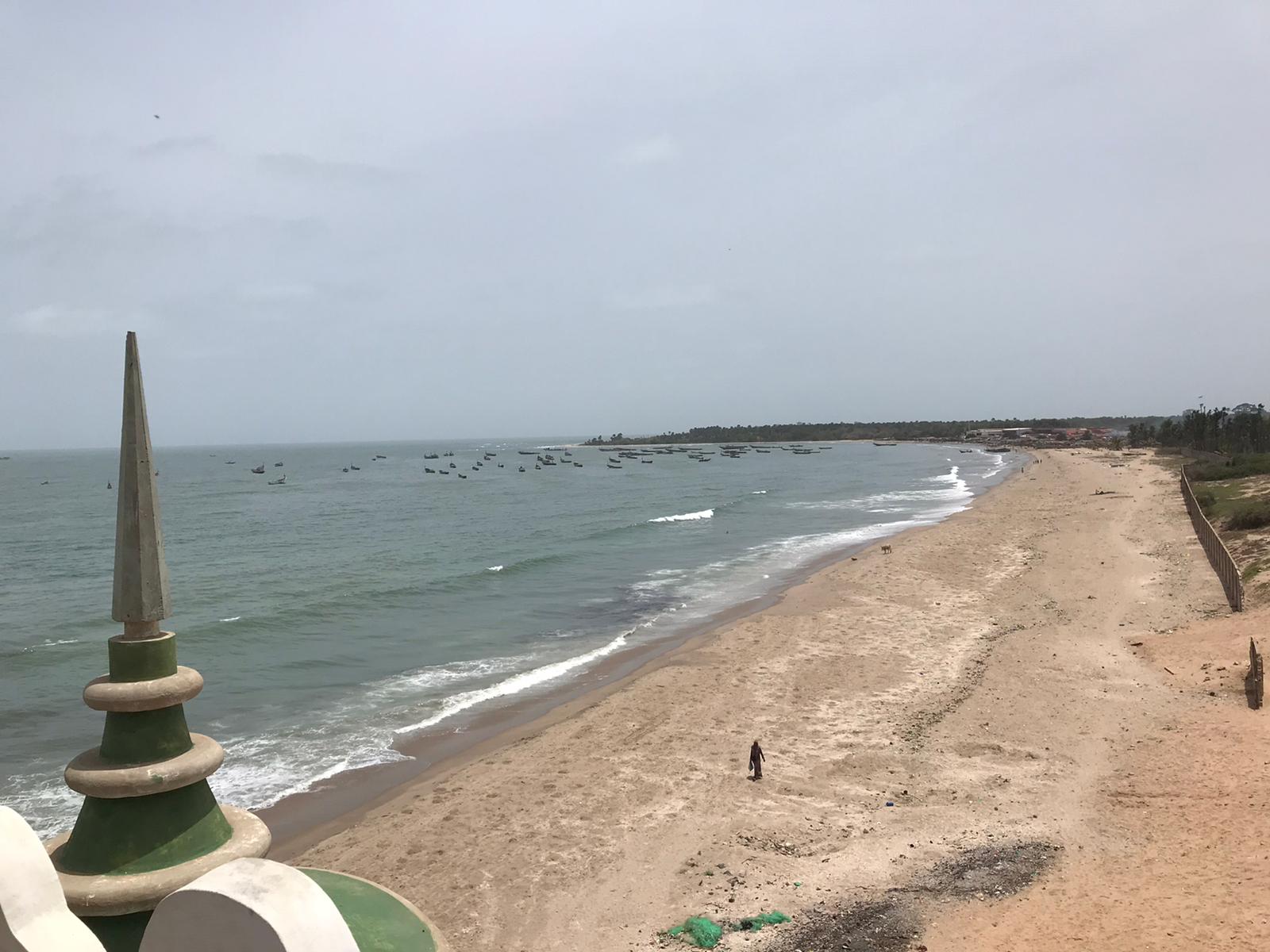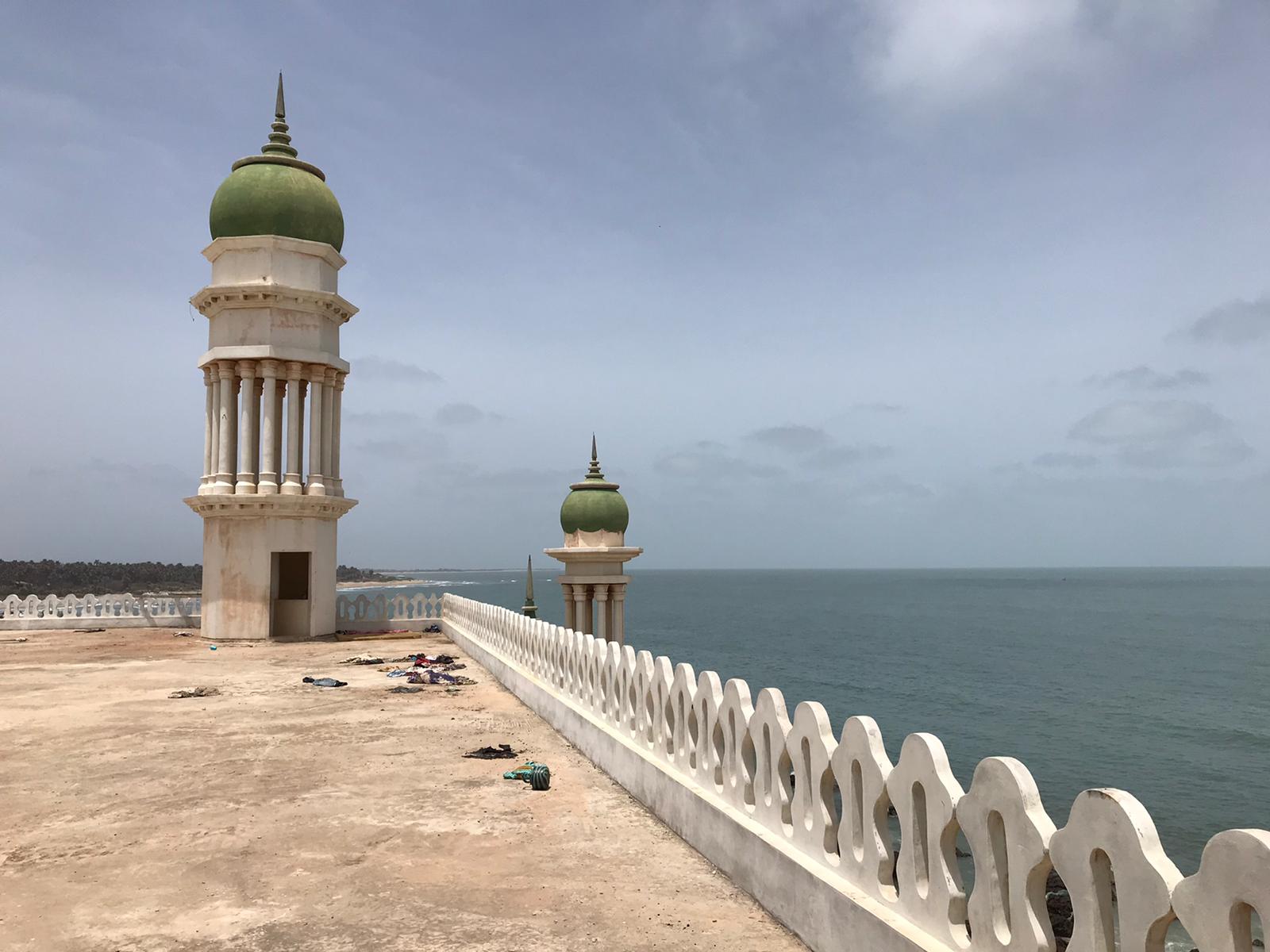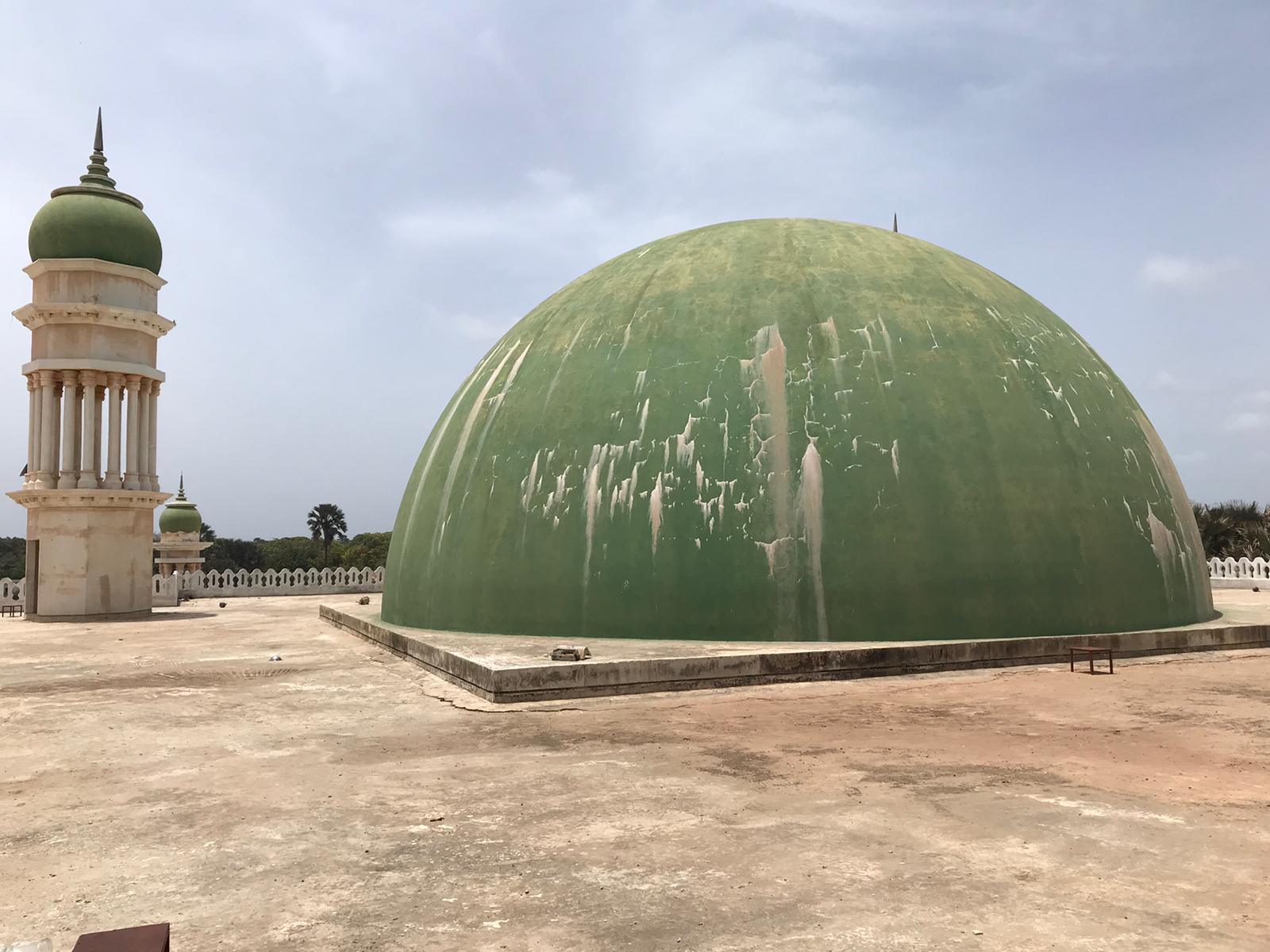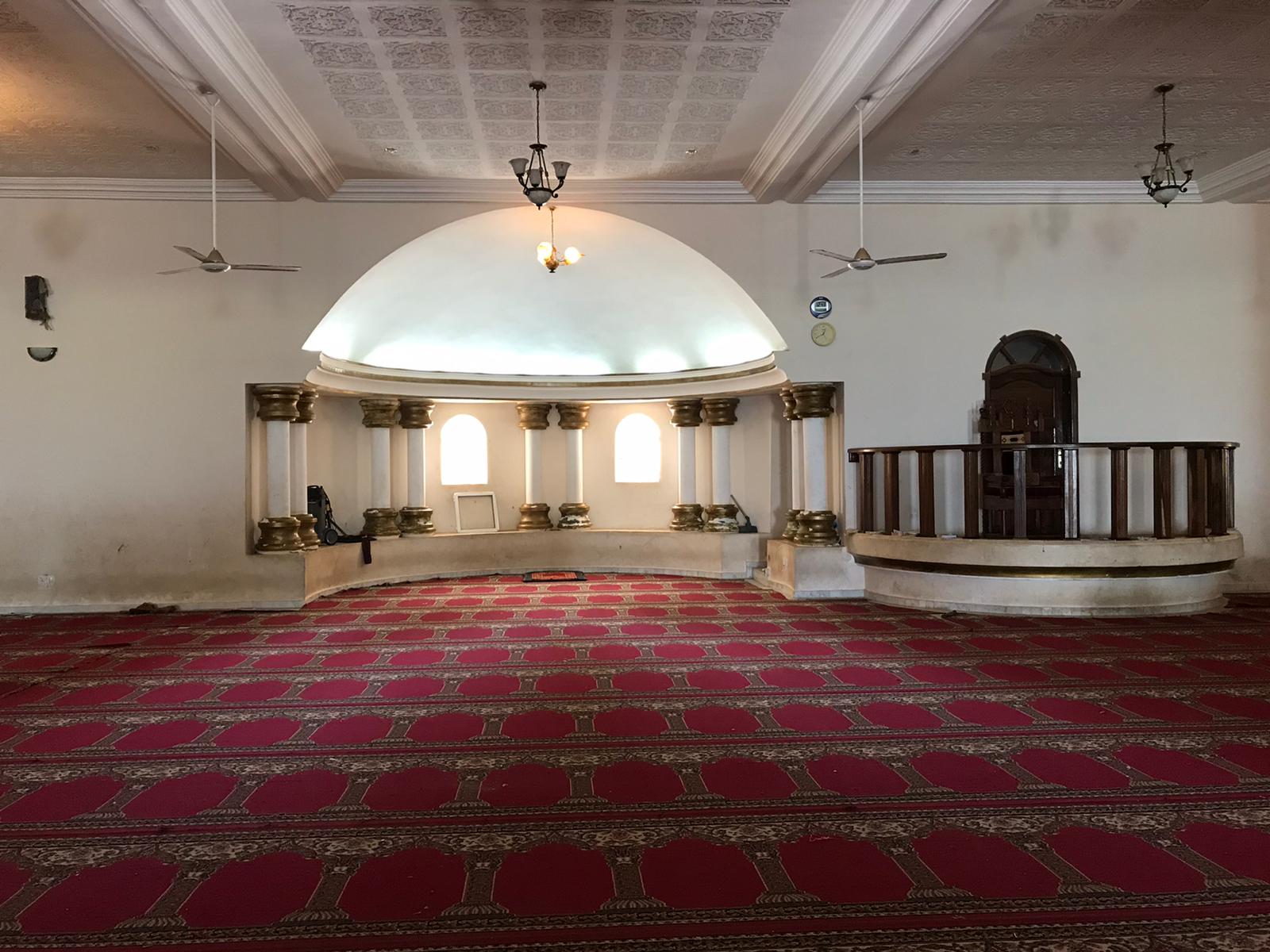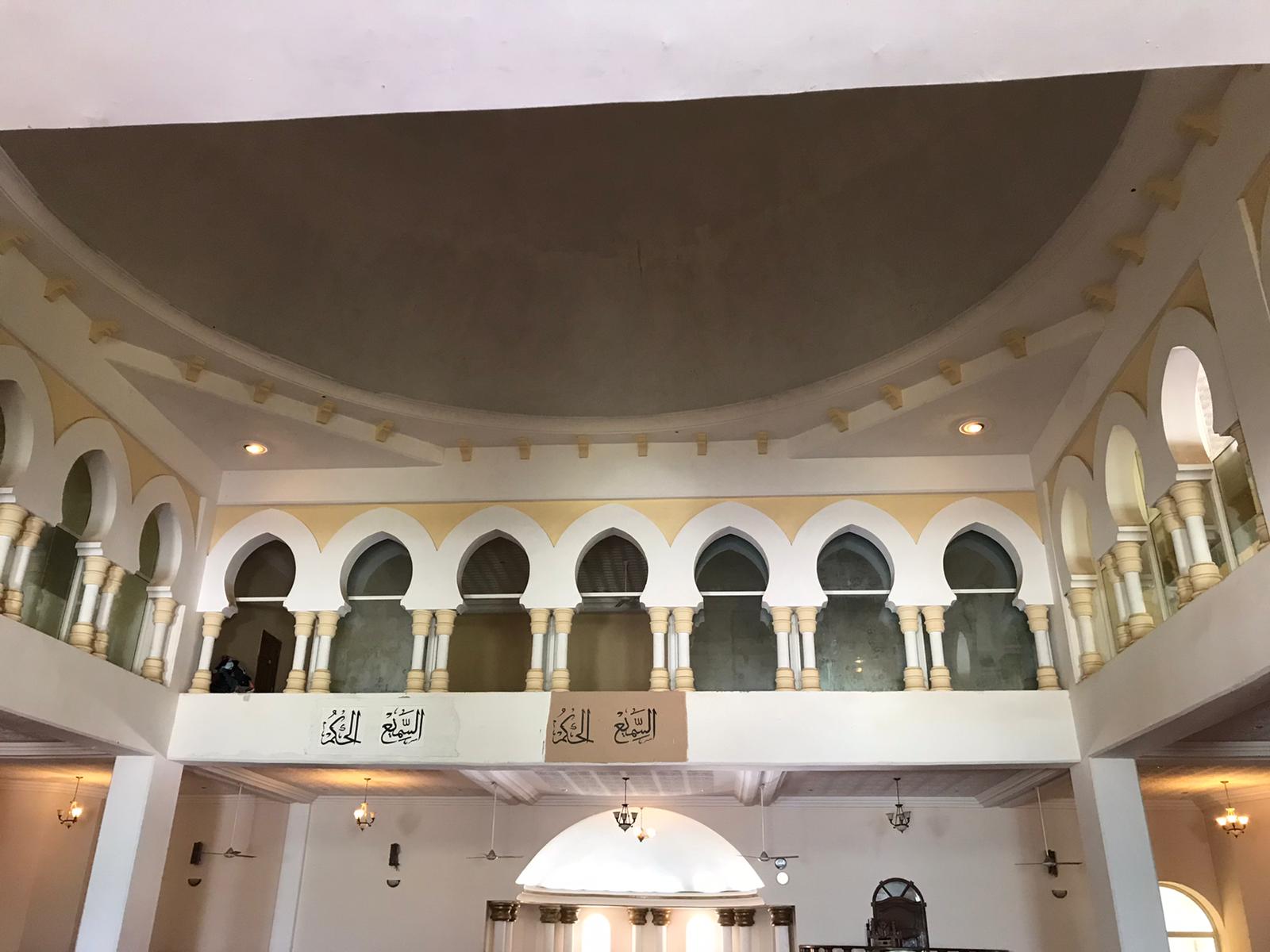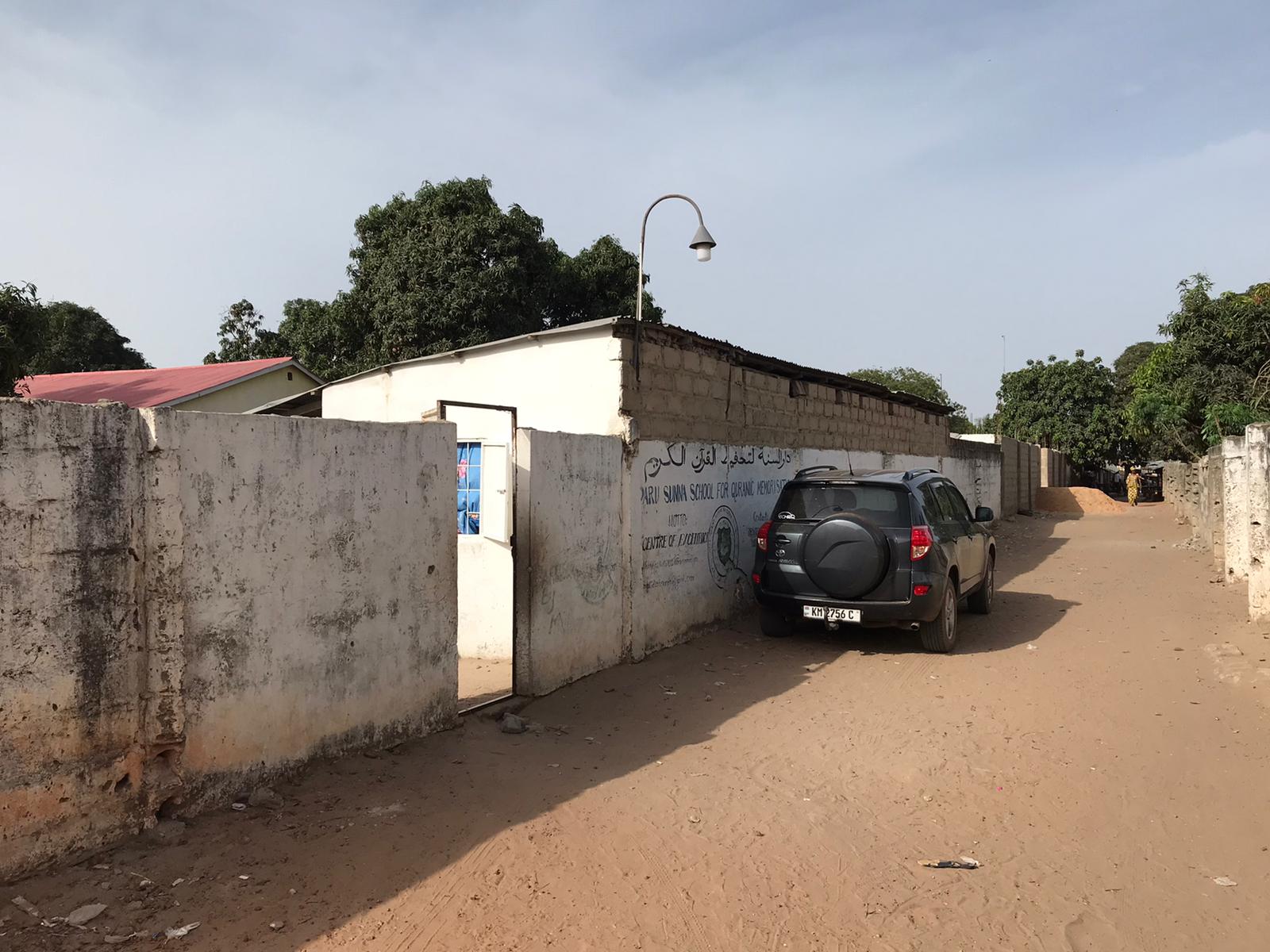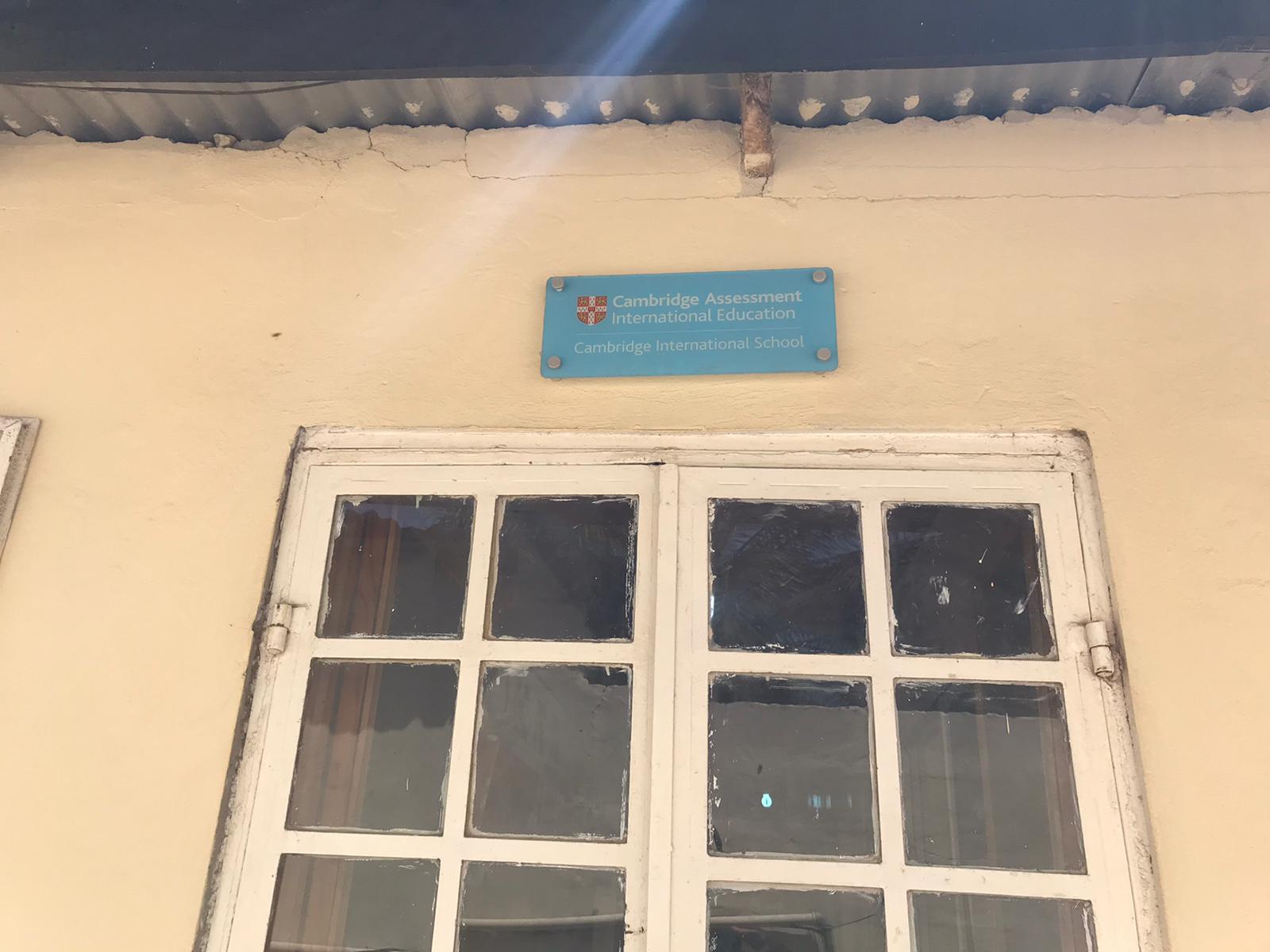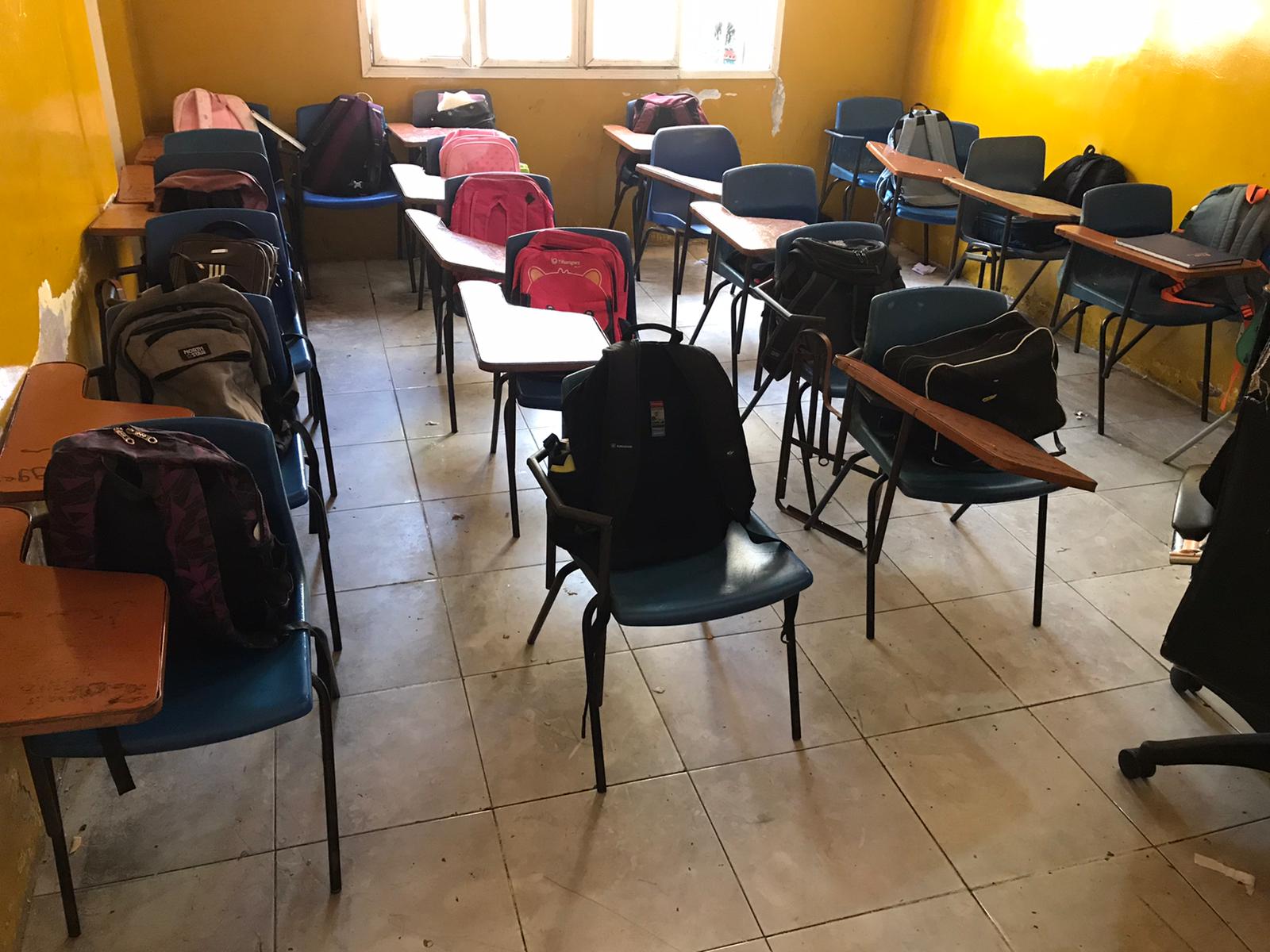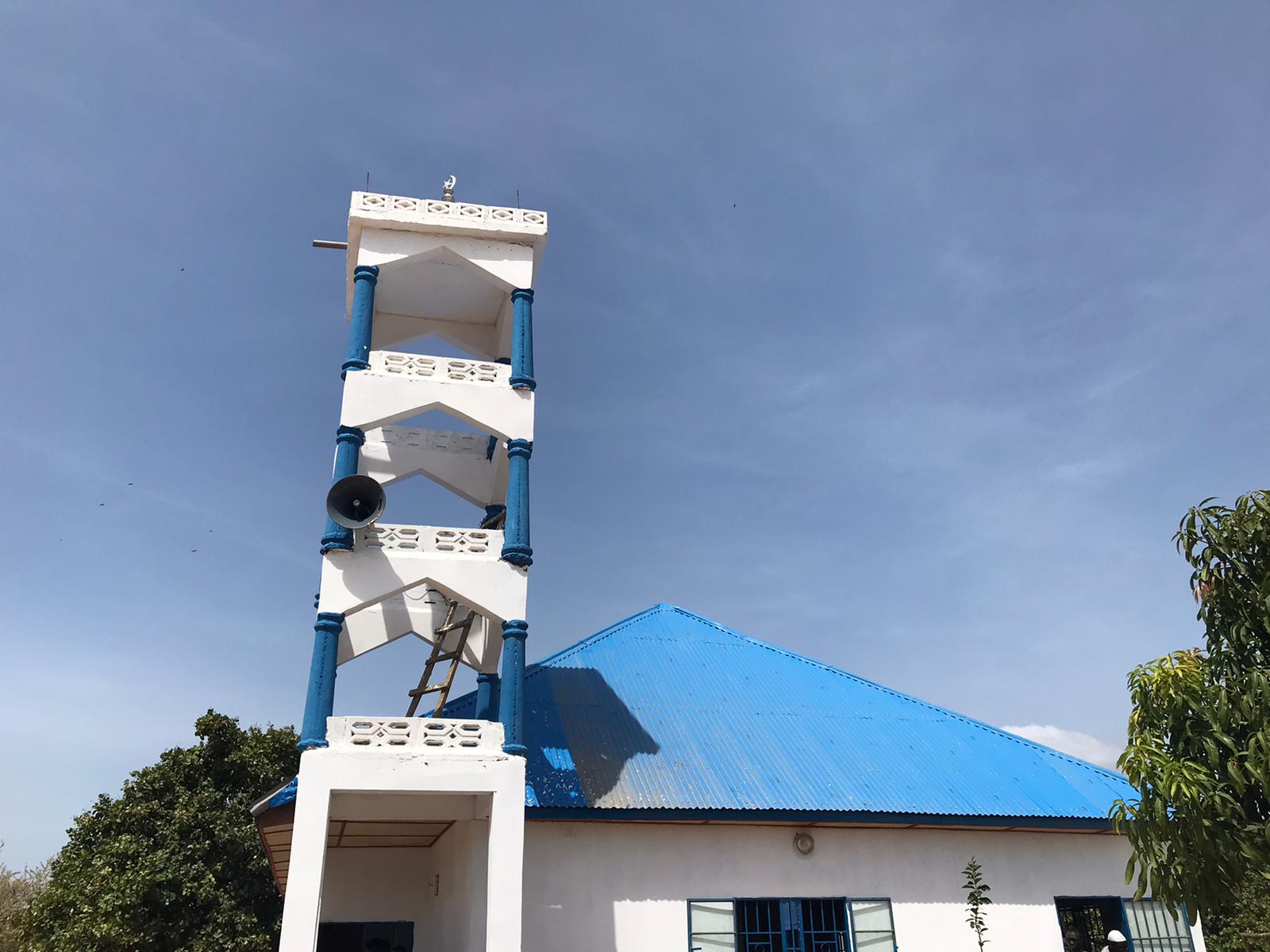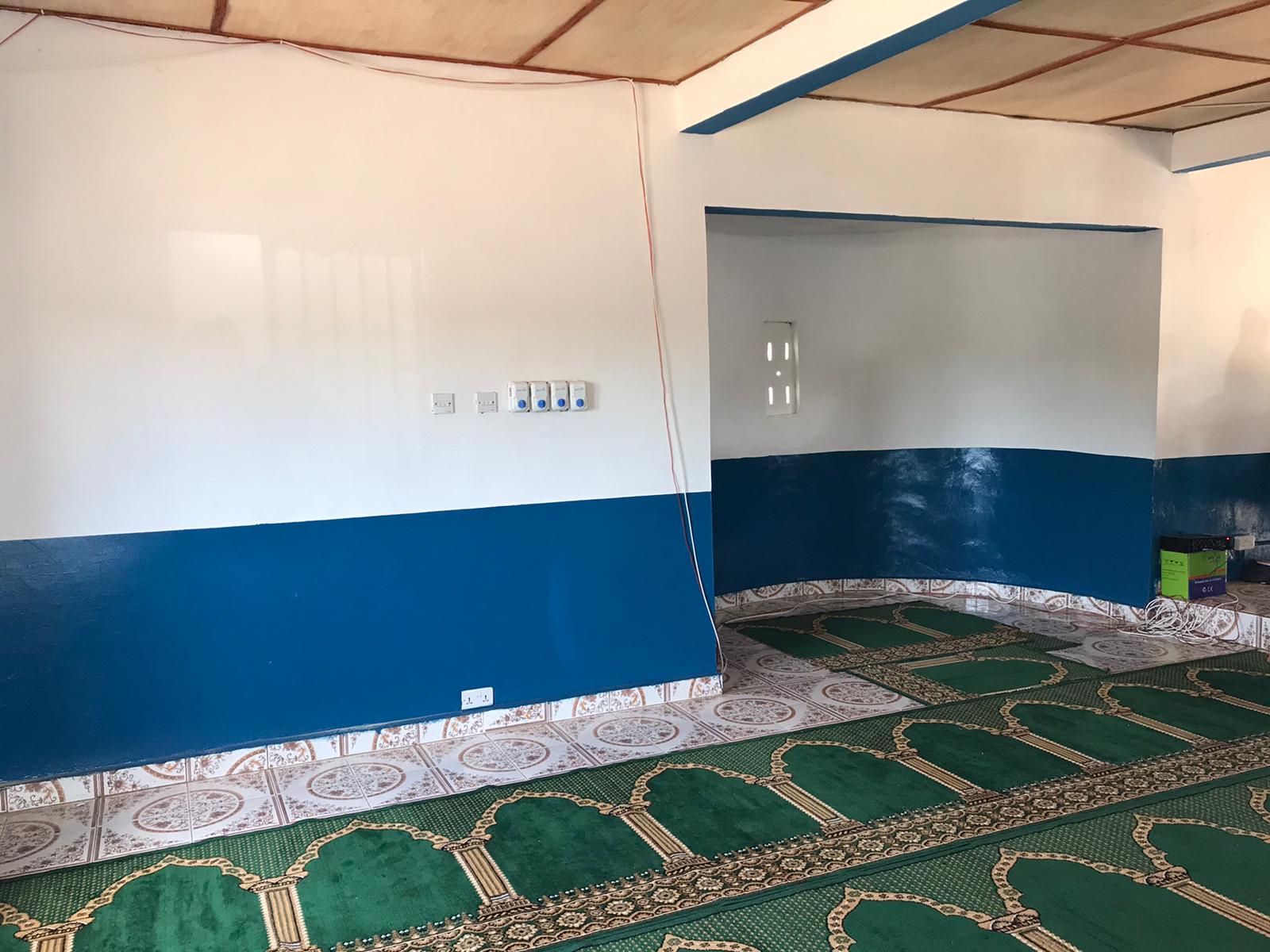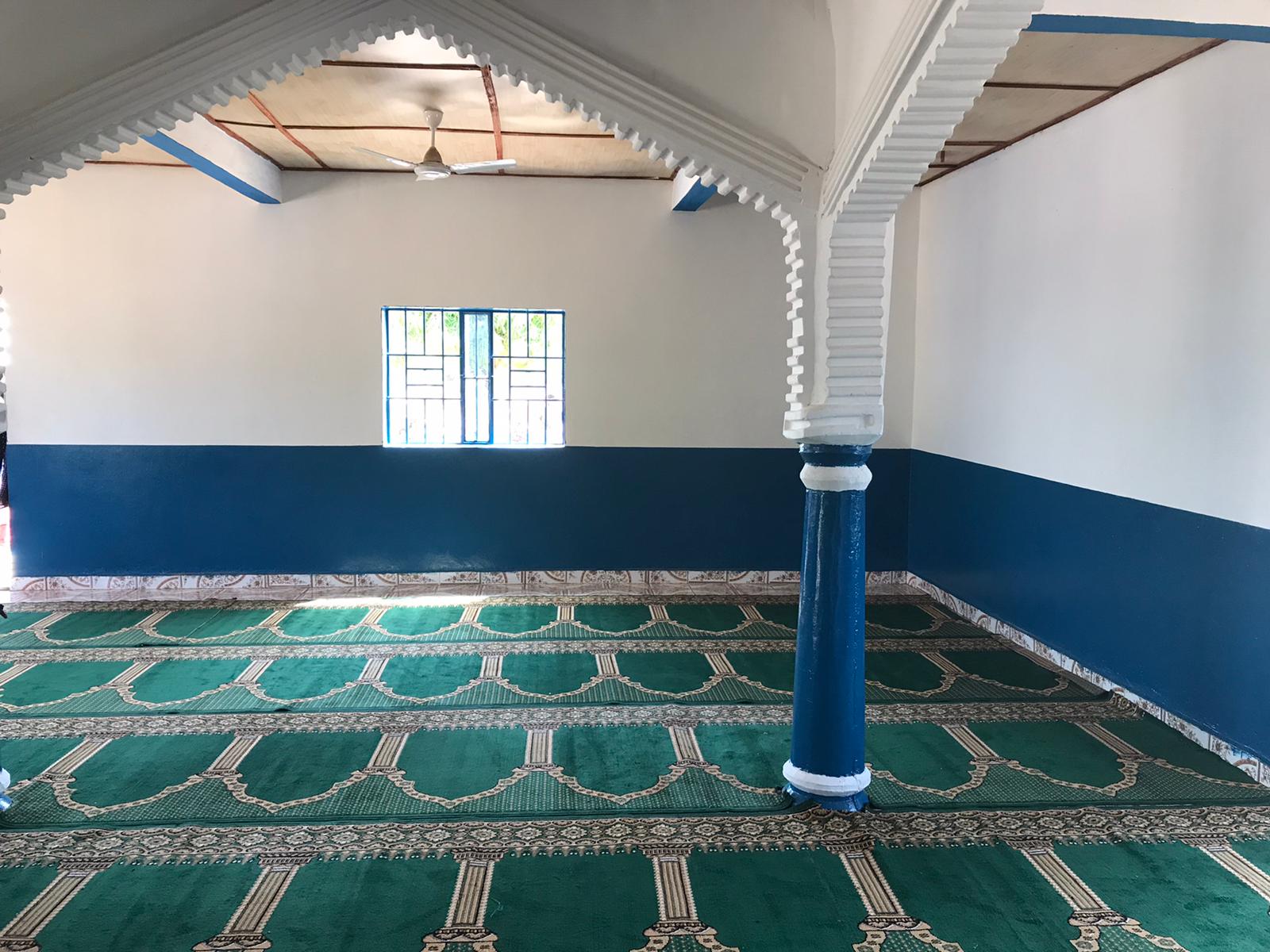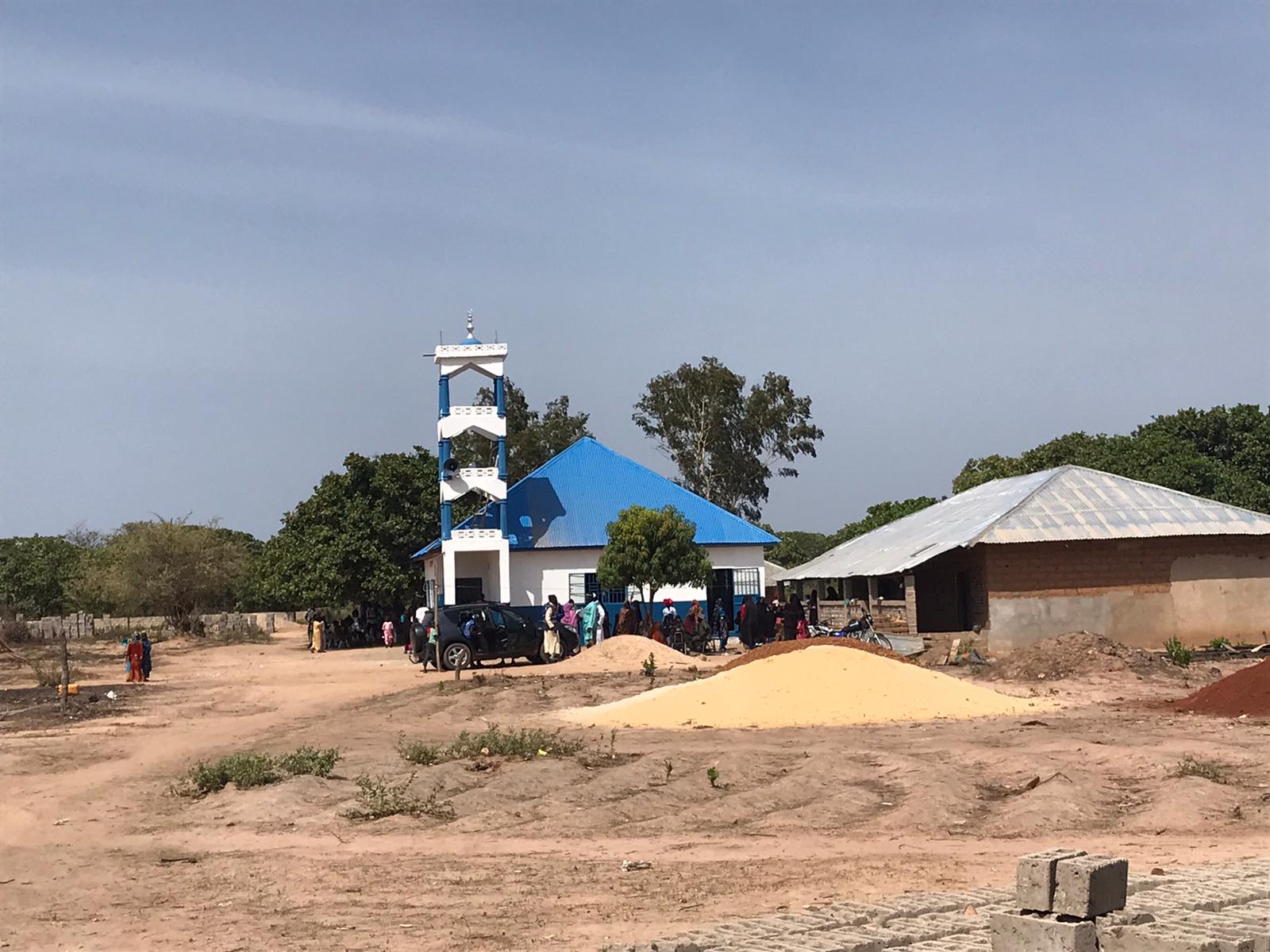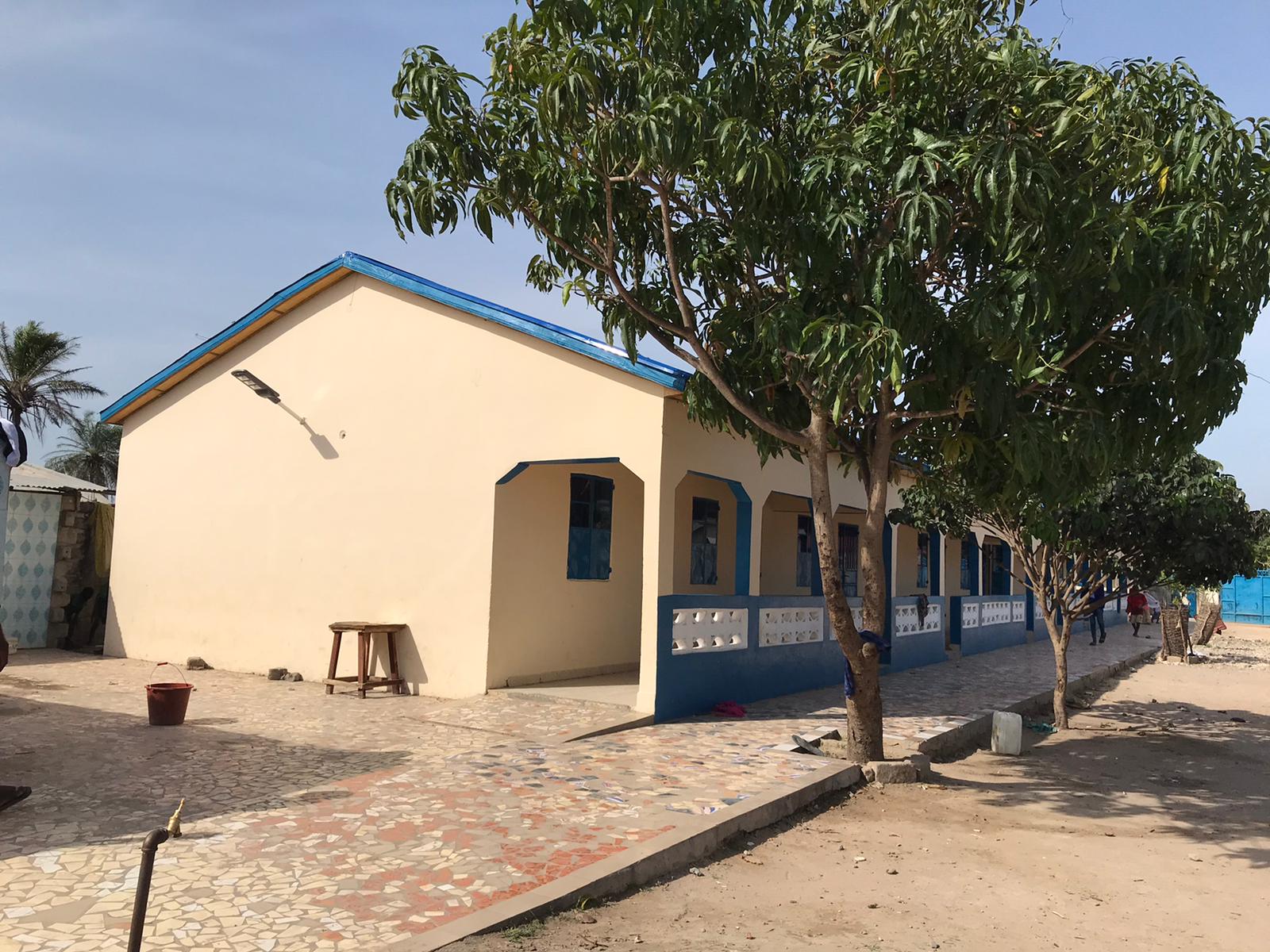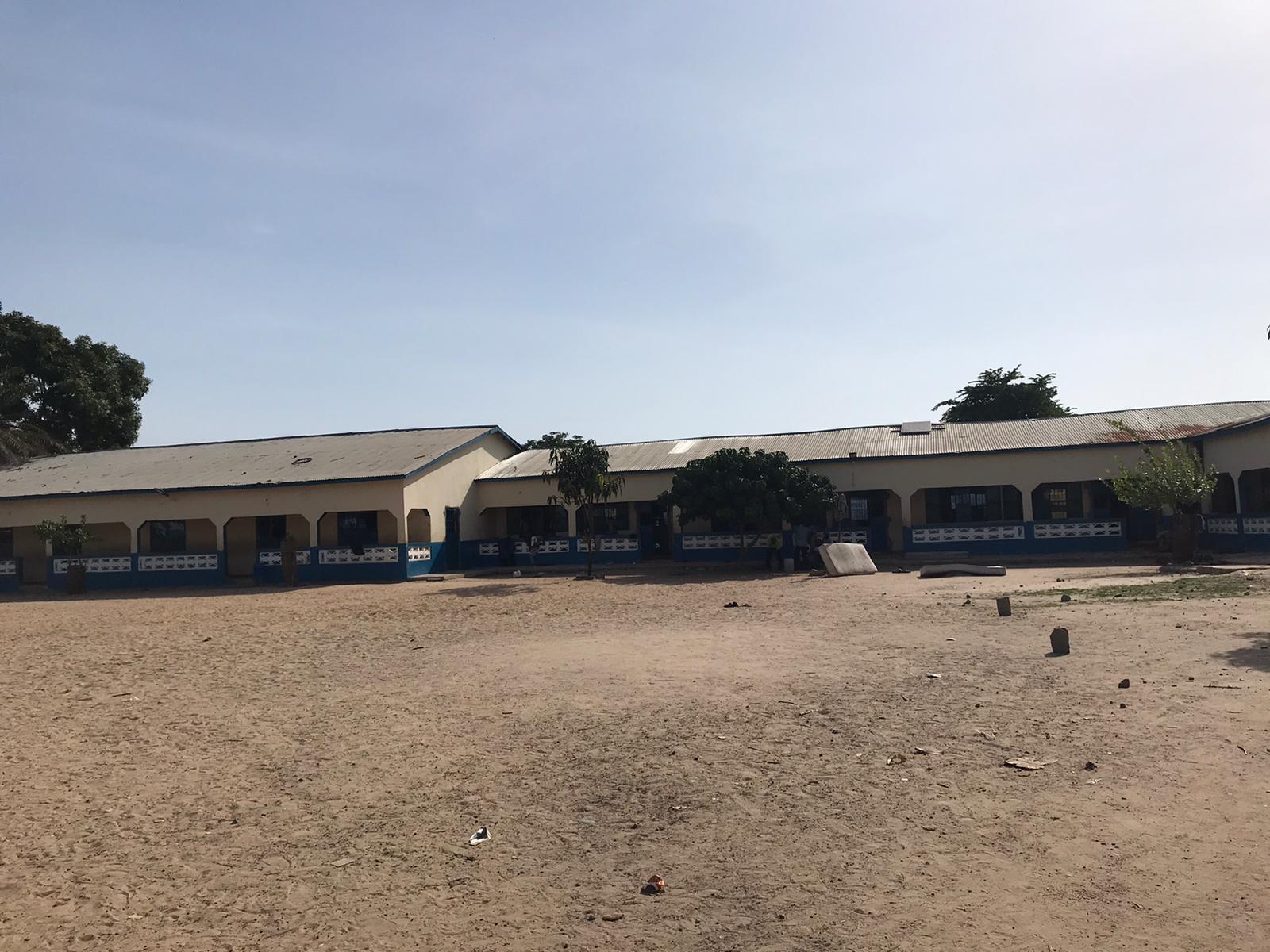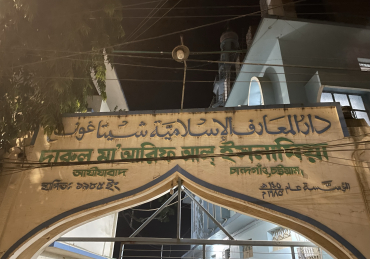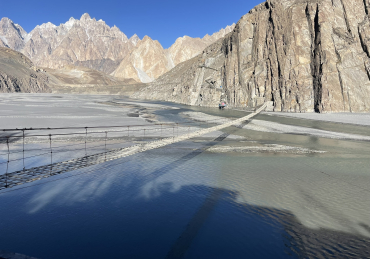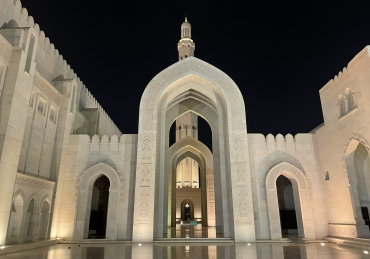A few days in Sierra Leone and The Gambia (2021)
In the name of Allah, the Compassionate the Merciful
Introduction
In Ramadan 1437 (June 2016), I was invited to participate in a conference in Sierra Leone in West Africa. Following the visit and observing the situation of Muslims, I requested colleagues at Ummah Welfare Trust (UWT) to consider extending their support to this part of the world. Al-Ḥamdulillāh, the charity accepted this request which resulted in a further two visits in December 2016 and June 2017 (Ramadan 1338) to initiate some projects. (Details of these trips are available online). Ever since, the charity has expanded its programmes in the country.
Over the past few months, I have been planning to visit Sierra Leone to observe some of the charity’s programmes, in particular some Maktabs (supplementary Muslim schools) which are being funded by a friend, who is also supporting some of the charity’s programmes in The Gambia. However, Covid-19 continues to impact on global travel. The flight options are extremely limited particularly from Manchester and despite having been vaccinated, international travel still requires a PCR test prior to travel.
My flight is booked from London Heathrow to Sierra Leone on Sunday 27 June 2021 which is somewhat convenient because on Saturday 26 June my respected father and I are invited to speak at a Quran completion programme at Masjid Zeenatul Islam in Coventry wherein 7 students have completed the memorisation of the Quran including the son of my dear friend, Mawlānā Ebrahim Noor. We also visit Mawlānā Siraj Khalifah Raḥimahullāh’s house to offer condolences to his father and other family members. Mawlānā graduated from Darul Uloom Bury in 2004 and thereafter established the Islamic Academy of Coventry with colleagues. He was learned and humble and participated in the Musnad Ahmad lessons regularly. He suffered from Kidney problems since several years and passed away recently.
Following the programme and an unforgettable feast prepared by the famous Afghani ‘Khan Sahib’ of Coventry, I travel with my dear friend Mawlānā Sikander Khan, who came to meet my father, to London and take a short rest at his house.
Day 1 – Sunday 27 June 2021
From London to Freetown
At 4.45am, Mawlānā Sikander drops me to Heathrow Airport. I travel on the 6.45am Brussels Airlines to Brussels and thereafter to Freetown, arriving shortly after 5pm. At the Airport, my dear friend Fuaad receives me. During the previous three trips, he had accompanied us. He is passionate about Islam and currently heads the work of UWT in the country.
At the Airport, all passengers are required to take a rapid diagnostic test (RDT), the results are given within 10-15 minutes. A PCR test is also taken, but the results are given within 48 hours. This PCR test is sufficient when leaving the country as long as the stay does not exceed five days.
We perform ʿAsr Ṣalāh in the Masjid neighbouring the Airport. The ablution facilities here were donated by the Blackburn based Aid 4 Ummah, a charity founded by my friend, former mayor of Blackburn with Darwen, Salim Mulla.
As documented in earlier travelogues, the Freetown International Airport is located in Lungi which means that travel to Freetown city is via a sea boat or ferry. As other passengers wait for their RDT results, the boat departs late and we eventually arrive to the other side after 8pm.
Later in the evening, I meet with my friend, Hon. Musa Tarawally who was our host in earlier visits. We discuss various issues regarding Islam in the country and how Imams and scholars can be empowered. He suggests that UWT’s intervention in the country is strengthening Islam and Muslims and has provided hope across the nation. We also discuss Covid-19 and the vaccinations. It appears that in this part of the world, most people are hesitant in taking the vaccines.
Day 2 – Monday 28 June 2021
Touring the Maktabs of Freetown
The day begins with a visit to the UWT Headquarters which is located in a rented property on Wilkinson Road.
As we arrive, the staff are assembled for the daily Islamic reminder (Taʿlīm) which is read from Riyāḍ al-Ṣāliḥīn. This is good practice which should be introduced within all organisations run by Muslims.
After the reminder, I meet with Mawlānā ʿĀdil who is from the charity’s UK office and has been stationed here for over a month. He explains that the charity has an ambitious strategy in the country which includes the building of 300 wells and construction of 80 mosques in the coming months, in addition to other projects. It is evident that the charity has made substantial progress since my last visit in 2017.
As the primary purpose of my short trip is to visit the Maktab project, I spend some time with the charity’s local education team. The Education Manager Muhammad Turay explains that the charity currently operates 472 Islamic classes, of which 44 are for the memorisation of the Quran. The number of pupils exceeds 13,000. They share their tracking system and progress to date.
We leave the UWT office and visit the following centres during the day:
(1) Ilmo Zikre Islamic Primary School – This school serves 300 students between the ages of 3-12. After the school, the venue also hosts the Islamic classes (Maktab) wherein 240 children study. The charity has divided its classes in Freetown into five zones, this school is located in Zone 2.
(2) Ansar al-Islam – This is an Islamic seminary providing Islamic Studies courses to aspiring scholars. Many of the teachers across the Maktabs are graduates of this seminary. The seminary also provides Islamic classes (Maktab) for 210 children. This is located in Zone 4. We perform Ẓuhr Ṣalāh here at the Masjid Ibn Taymiyyah within the complex and observe the Ḥifẓ (memorisation) of the Quran class.
(3) Voice of Islam – This is a radio station which I visited during my second journey in December 2016 and provided an interview. The previous home of the radio station was burnt down, so the radio station has a new home which is also used to provide Islamic classes (Maktab) to 180 children. This is located in Zone 3.
(4) Stadium Mosque, Syke Street – There are two Islamic classes running here with 60 pupils. This is located in Zone 2. We observe some pupils arriving in Rickshaws, which are somewhat common here, they are imported from India.
(5) Masjid al–Sahabah, Wilkinson Road – There are three Islamic classes running here with 73 pupils. This is located in Zone 2. We also perform ʿAṣr Ṣalāh here.
(6) Al-Huda, Lumley – This is located in Zone 1 and is accessed via a narrow alleyway. There are two classes here with 60 pupils. However, the demand is such that there are is a third class without a teacher. Whenever the two teachers have some spare time, they teach the pupils. We also experienced similar in some other locations. These Maktabs only started in December 2020 and the demand locally and from other regions of the country is overwhelming.
(7) Mama Wurie Mosque – This building located in Zone 1 was built by a local businessman and is home to a mosque, school and the Islamic classes. There are five classes in total serving 105 pupils. Over here, we meet with a Zone Monitor Muhammad Saeed Jaloo who explains his role as a Zone Monitor.
(8) Masjid Ridwan – This Masjid stands on wood enclosed by tin sheets. It is located in Zone 1. It has 10 Islamic classes with 270 pupils. I visited this mosque during my first journey to this country and delivered a speech here. At the time, it was known as Bayt al-Sabireen. We return here to perform Maghrib Ṣalāh and a programme takes place thereafter followed by Q&A. A worker from another part of the country requests his area to be considered for the Islamic classes (Maktab) project.
The Islamic classes normally operate between 3.30pm and 6.30pm. We observe various students and teachers and ask questions. The importance of these classes cannot be stressed enough. Muslims becoming Christians and vice versa is common in this country. The absence of ‘Islamic identity’ poses a continued risk. Christian schools also pose a significant challenge. There is also the threat of Qadiyanis, locally known as Ahmadis, who are also active and position themselves as a peaceful Muslim sect. Ignorance among Muslims is prevalent and Maktabs can play an important role in filling this void, the initial results of which are visible, al-Ḥamdulillāh. It is worth citing here the statement of Ḥaḍrat Mawlānā ʿAbdullāh Kāpodrawī Ṣāḥib (d. 1439/2018) who said:
“Establish and support Madāris (seminaries) and Makātib (supplementary Islamic schools), for they are the forts of our faith. Mawlānā Ḥusayn Aḥmad Madanī said one year after the partition [of India and Pakistan]: ‘Madaris are the forts of Islam. Without them, Islam will be eliminated.’”
Later in the evening, I have dinner with Mawlānā ʿĀdil at a local restaurant. Generally, the meat here is Halal. However, one has to exercise caution regarding the chicken in restaurants as it is imported from Brazil.
Day 3 – Tuesday 29 June 2021
From Sierra Leone to The Gambia
Darul Uloom Rahimiyyah, Waterloo
In the morning, we travel to Waterloo, which is an hour’s drive from Freetown to visit Darul Uloom Rahimiyyah. The Darul Uloom is in the final stages of construction. The project is managed by Aid 4 Ummah, whose founder Salim Mulla has been working in Sierra Leone for many years. The invitation for my first visit in 2016 was via Salim Mulla.
We are welcomed by Mawlānā Abu Bakr, a graduate of Raiwind Markaz, Pakistan. He explains that there are 100 orphans living within the complex who are memorising the Quran. There is also a medical clinic within the complex.
At 11.15am, we return to Freetown. Our car breaks down due to the fuel finishing. The driver thought the temperature gauge was the fuel gauge! He quickly heads to a fuel station on a motorbike and acquires a can of fuel.
We arrive into Freetown at 12.45pm and head to the Ministry of Health to collect my PCR certificate and thereafter take the sea-coach boat to Lungi and proceed to the Airport.
It has been a short trip to Sierra Leone and the account above is brief; further details can be found in the earlier travelogues.
The Gambia
It is now 5pm, as the ASKY Airlines flight to Banjul, the capital of The Gambia, departs.
The Gambia is a small West African country, surrounded by Senegal, except for its western coast on the Atlantic Ocean. It is known for its diverse ecosystems around the central Gambia River, which flows through the center of the country and empties into the Atlantic Ocean. It has an area of 4,127 square miles with a population of approximately 2 million people, who are predominantly (96%) Muslims. Abundant wildlife in its Kiang West National Park and Bao Bolong Wetland Reserve includes monkeys, leopards, hippos, hyenas and rare birds. The capital, Banjul, and nearby Serekunda offer access to beaches. The official language is English.
The Encyclopedia Brittanica states:
“The Gambia, country in western Africa situated on the Atlantic coast and surrounded by the neighbouring country of Senegal. It occupies a long narrow strip of land that surrounds the Gambia River. The land is flat and is dominated by the river, which is navigable throughout the length of the country. The peculiar shape and size of the country are the result of territorial compromises made during the 19th century by Great Britain, which controlled the lower Gambia River, and France, which ruled the neighbouring colony of Senegal. Periodic talks in the 20th century to unite The Gambia and Senegal led to the short-lived Senegambia confederation (1982–89).
The Gambia is Africa’s smallest non-island country. It is also one of Africa’s most densely populated countries. A few towns are located upriver, but most Gambians live in rural villages. The major ethnic groups are similar to those in Senegal and consist of the majority Malinke and also include Wolof, Fulani (Fulbe), Diola (Jola), and Soninke peoples. The Gambian economy is heavily dependent on peanut (groundnut) production and export.”
It further states, “The Gambia is a strip of land 15 to 30 miles (25 to 50 km) wide on either side of the Gambia River and extends almost 300 miles (480 km) into the interior; except for a short coastline along the Atlantic Ocean, it is entirely surrounded by Senegal.”
Banjul
Our plane lands at shortly after 6pm at Banjul International Airport, the only Airport in the country. Banjul is the capital and fourth largest city of the Gambia. The city sits on an island where the Gambia River meets the Atlantic Ocean.
The weather is hot with the temperature exceeding 30 degrees Celsius. A security officer is awaiting outside the plane to escort me to the VIP area of the Airport. All passengers are required to pay a $20 tax upon entry and also similar on exit.
Shaykh Muhammad Taha Laher
Shaykh Muhammad Taha Laher is waiting outside the Airport to receive me. Shaykh is the Country Director of UWT in The Gambia and has been involved with the charity for over a decade. He has migrated here with his wife and two children, an act of great sacrifice. As we head to the UWT Headquarters in neighbouring Serekunda, it is clear that the country’s infrastructure is much weaker than Sierra Leone. Most of the roads and streets in the country are sand roads with the exception of the main roads. This includes the streets within relatively affluent areas. The Labour here is also very cheap.
Shaykh Taha explains his role as Country Director of the charity and its focus on addressing the two main challenges of poverty and ignorance, particularly in the rural areas. Compared to Sierra Leone, the people here are much more religious and this is in part due to the efforts of scholars over the past two centuries and in particular the fruits of the Jihad that took place here in the 1800s.
We arrive at the UWT Headquarters where Shaykh Taha also resides with his family. Shaykh Taha is extremely hospitable and we have dinner cooked by his wife. His five-year-old son Salih gives the Adhan, we perform Maghrib Ṣalāh in the Muṣalla of the office and thereafter head to the hotel and rest for the evening.
Day 4 – Wednesday 30 June 2021
Meeting with various scholars
Shaykh Jobe Islamic Institute, Brikama
At 10am, Shaykh Taha picks me up and we head to the Shaykh Jobe Islamic Institute in Brikama, which is an hour’s drive. Shaykh Abdullah Jobe is the founder of this institute and has a charismatic personality. He has visited the UK a few times. My dear friend and respected elder, Haji Abdurrashid Geloo specifically requested me to visit the institute to inspect some of the works his charity, Imdadul Muslimeen is supporting via UWT.
The institute has 311 students between the ages of 6 and 20, who are taught the Islamic Sciences along with the secular subjects. Shaykh Abdullah explains that all Arabic schools in the country follow the Amanah Board syllabus, which is the umbrella body of all Madrasah education providers in the country. Arabic schools are common here. Like Sierra Leone, Gambians follow the Mālikī school of thought and the Tijani path of Sufism is common here albeit with varying shades.
We visit the classroom blocks that have recently been renovated by Imdadul Muslimeen and UWT and meet with the students and staff. It is currently exams season. The religiosity of the people is evident. Many girls have their faces covered, and Shaykh Taha confirms that Gambians are extremely punctual on the five daily Ṣalāh, it is embedded within the culture. The memorisation of the Quran is also prevalent. Islamic Studies and Quran studies are mandatory in all state schools. All of this in sharp contrast with Sierra Leone where the Islamic identity of Muslims poses a great challenge. Polygamy is also a norm here.
The institute has set minimal fees; however, many parents are unable to afford it. The poverty is such that sometimes children are forced to work, such as selling mint, as parents cannot afford rent. Schooling for some is a distant dream.
Gambia Supreme Islamic Council (GSIC)
We return to Serekunda and head to the Gambia Supreme Islamic Council.
We arrive at 2pm and perform Ẓuhr Ṣalāh in the Masjid within the Council’s complex. The UWT’s post-Ṣalāh Adhkār are on display. Shaykh Taha mentions that they have distributed these to all the Masjids in the country.
After Ṣalāh, we meet with 62-year-old Shaykh Essa Darboe, the President of the Council. Shaykh Essa welcomes us and is hugely appreciative of the work of UWT under Shaykh Taha’s leadership. He extends his special thanks to UK Muslims and shares some history of Islam and Muslim institutes in the country. He explains that Gambia is a very religious country compared to neighbouring Senegal and that the Supreme Islamic Council plays an important role in unifying scholars and Imams. There are approximately 4000 Imams across the country. Imams here do not get a salary, and because of this, UWT’s cash grant initiative for Imams was well received. Shaykh Taha explains that the initiative is intertwined with training and development for Imams empowering them to fulfill their role more effectively.
Shaykh Essa is also the Chair of the Amanah education board, which is the umbrella for Islamic education in the country. He explains that the salaries of 30% of teachers in Muslim schools (2000 teachers) are funded by the Government. However, 70% rely on community and NGO funding.
Sheikh Hattab Bojang
Shaykh Essa further explains that his teacher Sheikh Hattab Bojang was the first person in 1963 to start the Madrasah system and the prevalence of Arabic schools in the country are a result of his efforts. Shaykh Essa gifts me a 456-page English book entitled ‘The Life Story of Sheikh Hattab through the lens of his acquaintances’.
The Qadiyani threat
Shaykh Essa is a graduate of Medina University and is pragmatic and passionate about unity and bringing about reform gradually. He explains that 95.7% of the country is Muslim, 4.2% Christian and 0.1% make up other religions. There are no Shiites in the country. There are a few hundred Qadiyanis, he suggests. Shaykh Taha disputes this figure because the charity’s surveys in the rural areas suggests an increased presence.
The Qadiyanis also produce a monthly magazine in English, a copy of which is shared with us by Shaykh Essa. The strategy of the Qadiyanis, as reflected in the magazine, is to give the impression that they believe in the finality of the prophethood of Prophet Muḥammad (peace be upon him) and that Mirza Ghulam Ahmad was a caliph. The increased effort of the Qadiyanis in West Africa is a cause of concern and this is on Shaykh Taha’s radar.
UWT Strategy in The Gambia
At 4pm, we arrive at the UWT HQ in Serekunda. Shaykh Taha shares the strategic plan of the charity, which reflects his strategic vision combined with operational excellence and diligence. Shaykh Taha is keen to ensure that programs are delivered to the highest standard even if this increases the cost. For example, he mentions that sometimes wells are dug at cheap cost but they are not to the recommended depth, often resulting in greater harm to the people due to the toxins in the water. Programmes must be carefully researched and driven by data and objective criteria, he stresses. Value for money and ultimately greater reward are in projects that are sustainable and have longevity. I am hugely impressed by Shaykh Taha’s leadership and vision. Allah Almighty accept his efforts and take maximum work from him.
Shaykh Taha is supported by a devoted team of 14 staff who all share a common purpose. Shaykh Taha is an excellent communicator and is hands on with all the programmes. The staff are regularly reminded of the higher purpose behind their work and their role in realising the vision. There is a positive working atmosphere in the office. After ʿAṣr Ṣalāh, there is daily Taʿlīm from Riyāḍ al-Ṣāliḥīn. An interesting discussion follows. I note that most of the attendees fold their hands during Qiyām in Ṣalāh despite being Mālikīs. It is generally the case here that the elders keep their hands released to the side whilst most young people fold their hands. This is due to two reasons: first, the influence of graduates who have studied abroad in countries like Saudi Arabia, and second the research of a Senegalese Mālikī scholar and Sufi saint, Shaykh Ibrāhīm Niyass (d. 1395/1975) who gives preference to Qabḍ (folding) in his book ‘Rafʿ al-Malām ʿamman Rafaʿa wa Qabaḍa Iqtidāan bi Sayyid al-Anām’ (رفع الملام عمن رفع وقبض اقتداء بسيد الانام). This is in line with the research of the Moroccan scholar, ʿAllāmah ʿAbd al-Ḥayy al-Kattānī (d. 1382/1962) who also wrote a book in support of folding the hands.
The staff and in particular brother Ahmed Tijan had many questions. I had taken copies of some of my books, and they were appreciative of ‘Tadkhirat al-Alām al-Sūd’, the Arabic collection on Black Muslims featuring the profiles of 101 Black Muslims. There are many learned scholars in this country.
Day 5 – Thursday 1 July 2021
Gunjur Sand Mosque
Today has been a difficult today. It appears that last night’s mangoes have not gone down well with my stomach. The mangoes are tastier than the mangoes of other African countries though not the same as the mangoes of the Indian sub-continent.
Shaykh Taha collects me early in the morning because a doctor is coming to the office to take my PCR test for my return journey. However, he is delayed.
Gunjur Sand Mosque
We leave at 11.30am and head to Gunjur, a small coastal town in south-western Gambia which is also a large fishing hub. Historically, this region is known for the Jihad that took place in the 1800s and for the scholars that lived here.
Today, we are visiting the famous grand Sand Mosque which lies on the coast. The site was taken over by the former President Jammeh who built this beautiful grand mosque here. Prior to this, the mosque was famous and attract religious pilgrims from The Gambia, Senegal, Nigeria and other countries until Jammeh took ownership of the place. Following his defeat in the 2016 elections, the current Government decided to return the Mosque to the local community. Shaykh Eesa, who we met yesterday, runs the Gunjur Islamic Institute here which has 25 classes and serves 379 students. The institute provides Islamic education along with secular education. UWT is funding the teachers at this institute.
Shaykh Eesa welcomes us and gives us a tour of this grand building. Hygiene is a general problem across the country. The classes are ongoing, we listen to some of the students reciting the Quran and meet with some of the staff. This place has huge potential.
We return to Serekunda. For some strange reason, there are police checkpoints on the main routes after every few miles. Between Gunjur and Serekunda, there must have been at least 10 checkpoints. Thankfully, the roads are not busy. The Police Officers are friendly and many try to converse with us in Arabic. Some may indirectly request a tip but will not be offended if not given any.
Supporting widows at Dar al-Sunnah, Nema Kunku
Later in the afternoon, we travel to the village of Nema Kunku. Some colleagues from the UK had given me some money to distribute personally to the poor. Shaykh Taha suggested earlier distribute it to some poor widows because they struggle a lot. Thus, he requested his team to carefully select 50 widows who are invited to the Dar al-Sunnah institute in the village of Nema Kunku, which is a 40-minute drive from Serekunda. Here, Shaykh Taha delivers a short speech to the widows emphasising on the concept of Ṣabr (patience) and supplicating to Allah Almighty. Shaykh Taha explains to me that the charity endeavors to combine all charitable activity with some reminders.
Prior to the distribution, we also visit some of the residences of the widows. The poverty is extreme. In one house, there are 7-8 people residing in two small rooms.
We distribute 2500 Dalasi (£35) each to the 50 widows, whose fingerprints are also taken as part of the charity’s due diligence and verification.
Day 6 – Friday 2 July 2021
Blind orphan memorises half the Quran
Al-Furqan School, Bakau
Our first stop in the morning is the Al-Furqan School in Bakau. Bakau is a town on the Atlantic coast, west of the Capital Banjul. It takes us 30 minutes from our hotel in Serekunda to reach the school.
The school is located in an affluent area and was established by Shaykh Kebba who resided in Leeds, UK for several years. He is passionate about good quality education and has converted his family home into this school, which is one of the two Muslim schools in the country that offer the IGCSE Cambridge curriculum. The school is bilingual and students and staff are only permitted to converse in English and Arabic. It has one of the best results in the country. All students including the girls memorise the Quran.
The school is fee paying and currently serves 300 students between the ages of 3 and 15 with plans to provide education until the age of 18. The first batch of IGCSE students will graduate in 2023. Currently, there is only one class per year group. However, there are plans to expand which will enable single sex provision in the secondary years.
Inauguration of Masjid al-Rayyan, Kembujae
Our next stop is Kembujae which is an hour’s drive from Bakau. UWT has constructed a £12,000 Masjid here which is named, Masjid al-Rayyan, and today is its inauguration with Jumuʿah Salah. Shaykh Taha explains that there is a need particularly in the rural areas to build Masjids and the average cost is £16,000. The Qadiyanis, locally known as Ahmadis, are targeting the rural areas and it is important to build Masjids there and establish Islamic classes.
The Masjid is full with worshippers and the entire community is delighted with the Masjid. Previously, they would have to travel half a mile to perform Ṣalāh. Jumuʿah Ṣalāh is led by the learned Gambian Shaykh Abdullāh Fātī and after Jumuʿah Ṣalāh Shaykh Taha and I are requested to share a few words.
Foday Kemo Orphanage, Jalambang
My final stop in Gambia is the Foday Kemo Orphanage in Jalambang. To reach the orphanage, we come off the main road and travel on the sand road for ten minutes. We arrive at the orphanage at 4.40pm and perform ʿAṣr Ṣalāh. There are 140 orphans living at the orphanage. One of the blocks was burnt last year and UWT stepped in and supported the re-construction.
The highlight of the day, rather the whole trip, is meeting 15-year-old Muhammad Uthman Jate, a blind orphan. He has memorised half the Quran just by listening to the Quran on a device. He recites some Quran for us from Sūrah al-Fāṭir. The video of his recitation is shared here to inspire and motivate people to memorise the Quran. If this blind orphan can do it just by listening to the Quran, there is simply no excuse for others.
Return home
And with this beautiful end (Misk al-Khitām), Shaykh Taha drops me off to the Airport. Our final discussion is regarding the ‘rickshaws for scholars’ initiative which a colleague is funding. These rickshaws are being imported from India and will arrive within the next two months Inshā Allah. The rickshaws will be owned by the scholars, but will be given to a local rickshaw company that will manage them and provide a regular income to the scholars. This will empower the scholars whilst enabling them to continue serving their communities with full devotion and commitment.
The 7.30pm Brussels Airlines departs for Dakar, Senegal, a 25-minute flight, where some passengers are collected and arrives into Brussels at 5am in the morning. The onward flight to Manchester is cancelled and with no other direct flights to Manchester, the only option is to travel to London Heathrow. Another Passenger Locator Form has to be completed for this in addition to the Days 2 and 8 PCR test kits. I arrive into Heathrow after 11am, board the Heathrow Express to London Paddington, and then take a taxi to London Euston and thereafter the train to Preston, eventually arriving home at 4.30pm. Al-Ḥamdulillāḥ, it has been a short yet fruitful trip. When travelling during Covid, one has to be prepared for all eventualities, and on this note, apart from the Airports in both countries, it felt as though Covid-19 does not exist in Sierra Leone and Gambia. People interact with each other in the normal manner and Ṣalāh is also performed in congregation without any masks or distancing.
Concluding Thoughts
Sierra Leone and The Gambia have much in common. Both countries are inhabited by people of the same ethnic groups; Mandinka, Fula, Aku among others. During the colonial days, both countries were administered together by the British.
However, there are also distinct differences. Sierra Leone is more affluent and more developed than The Gambia. The former has many minerals whilst the latter depends on tourism and the peanuts industry. From a faith perspective, Gambia is much more religious compared to Sierra Leone. Politically, Sierra Leone has been ruled by the Christian elite whereas in Gambia, Muslims have dominated leadership positions.
On previous journeys, I have visited all regions of Sierra Leone. However, I was unable to visit the rural areas of Gambia and hope to do so on a future visit Inshā Allah. May Allah Almighty unite the Ummah and preserve the faith, honour and dignity of our brothers and sisters worldwide.
Yusuf Shabbir
25 Dhū al-Qaʿdah 1442 / 6 July 2021
Note: To read earlier travelogues, visit the following link:
https://islamicportal.co.uk/category/articles/travelogues-articles/.

